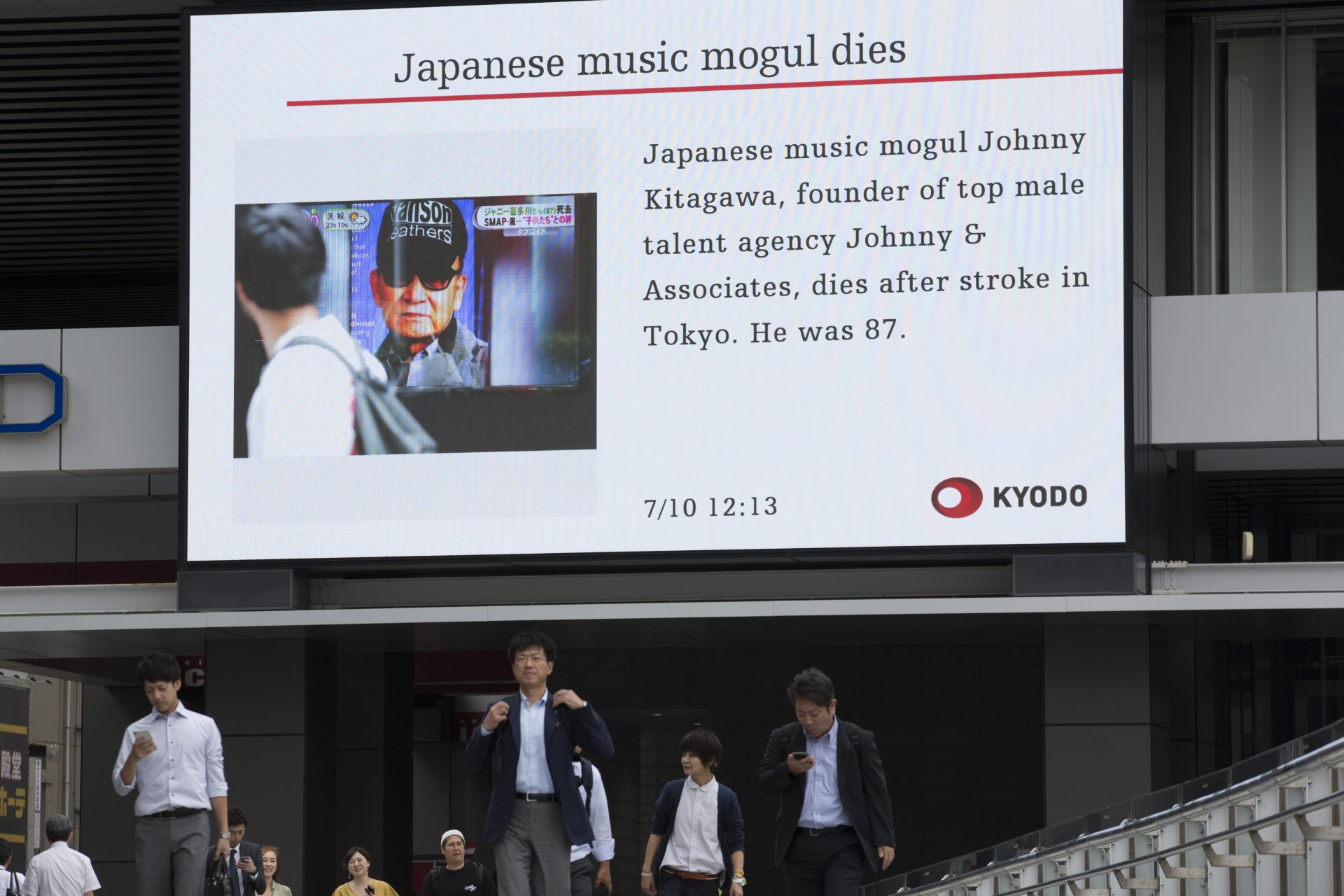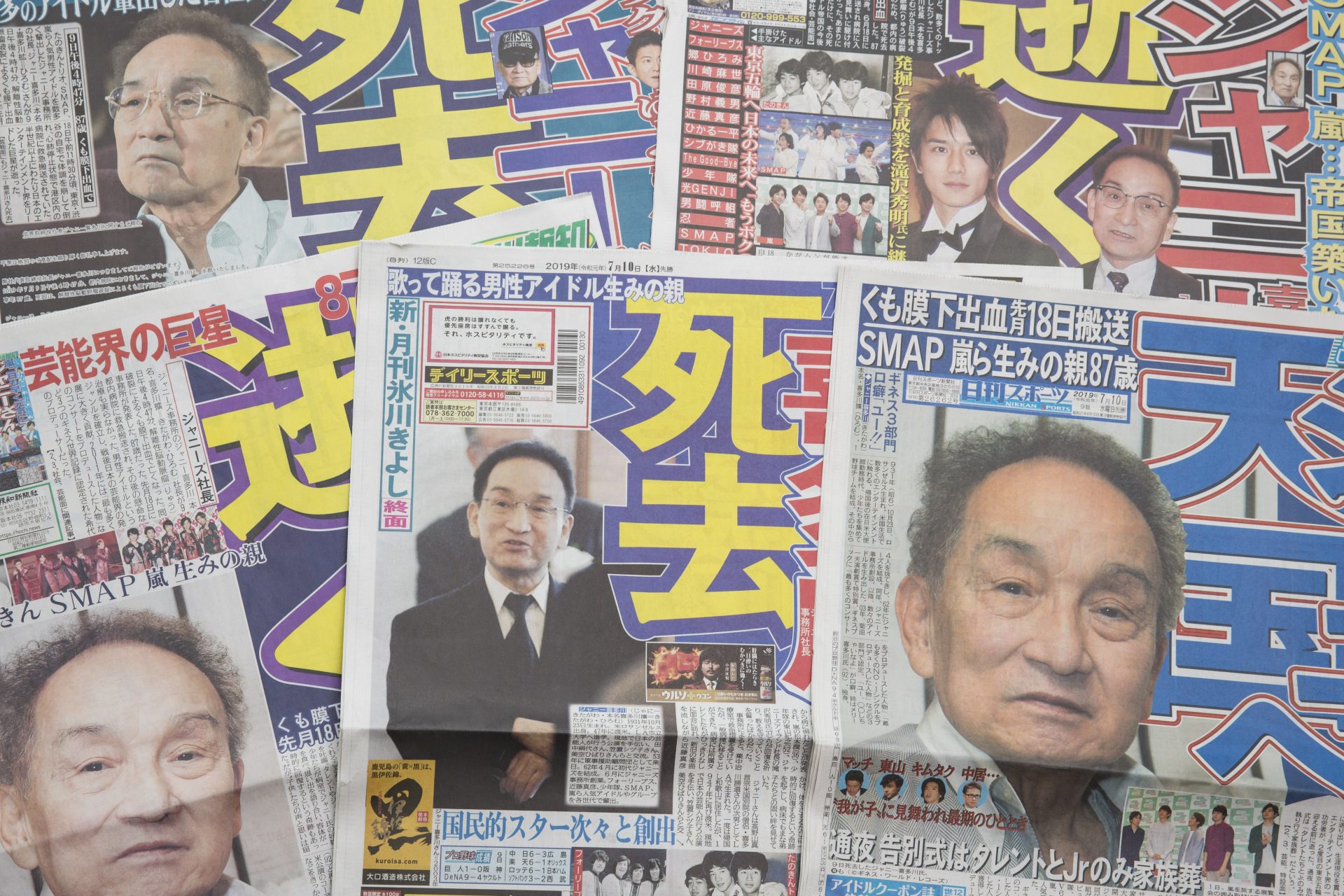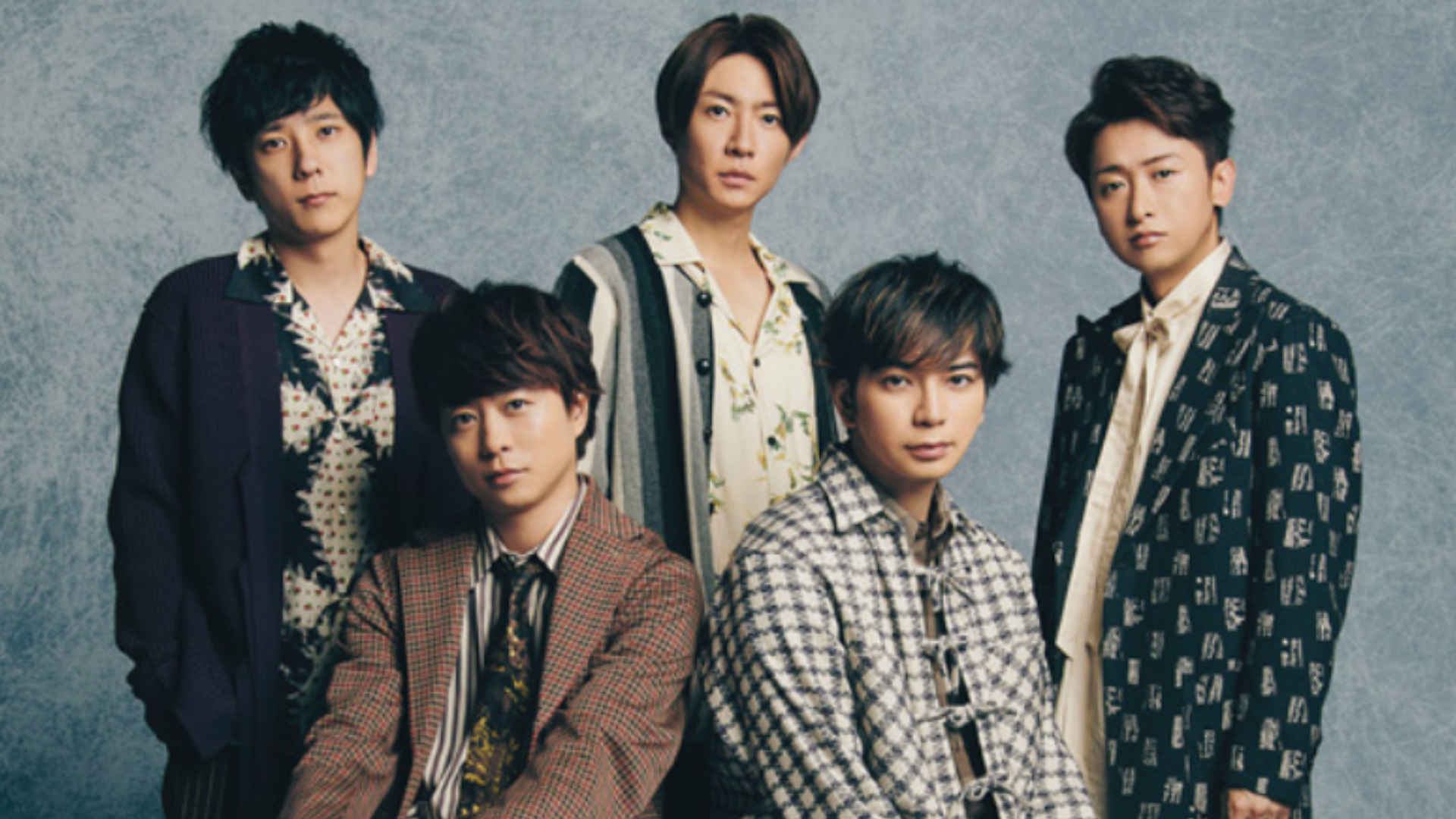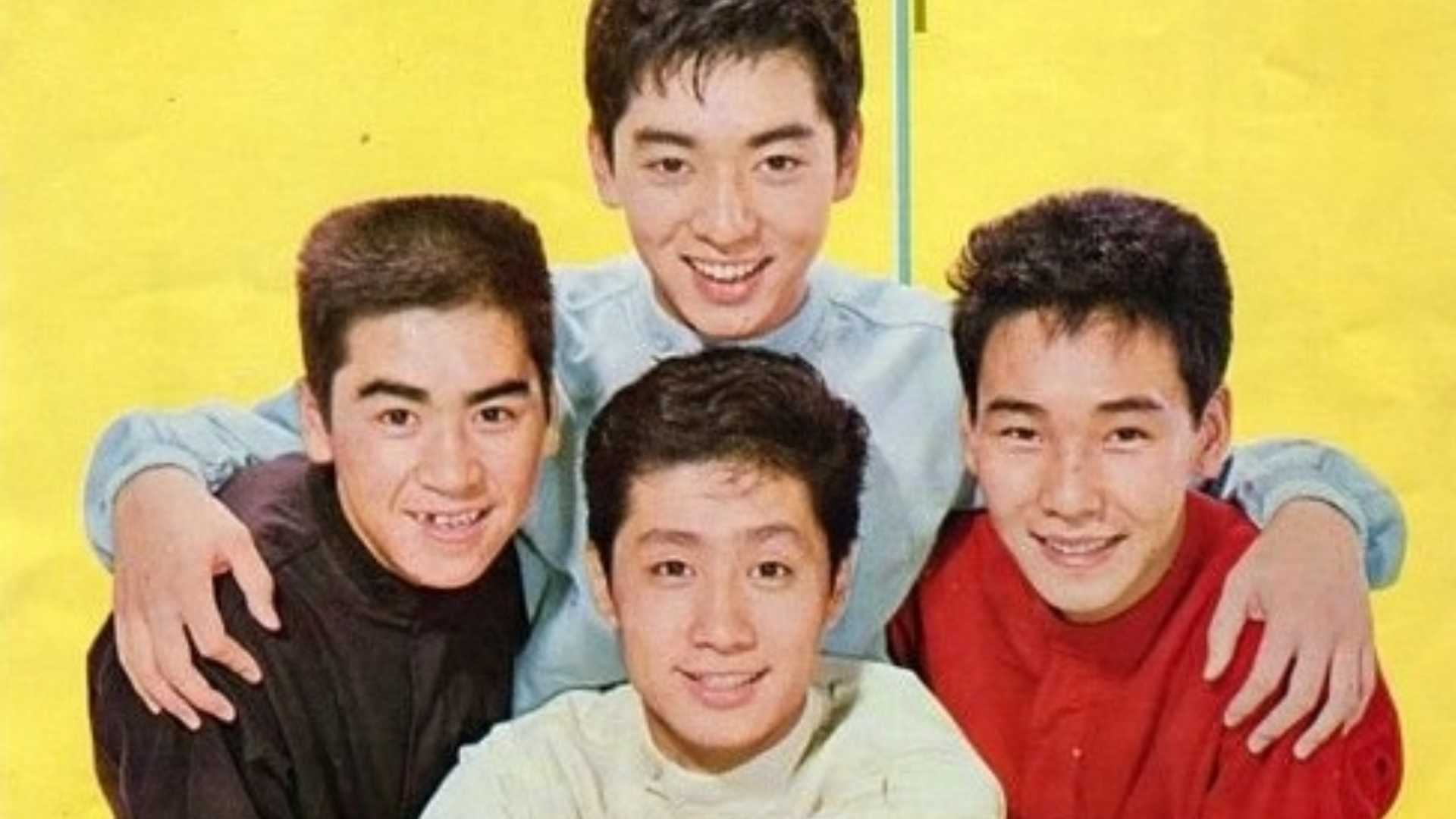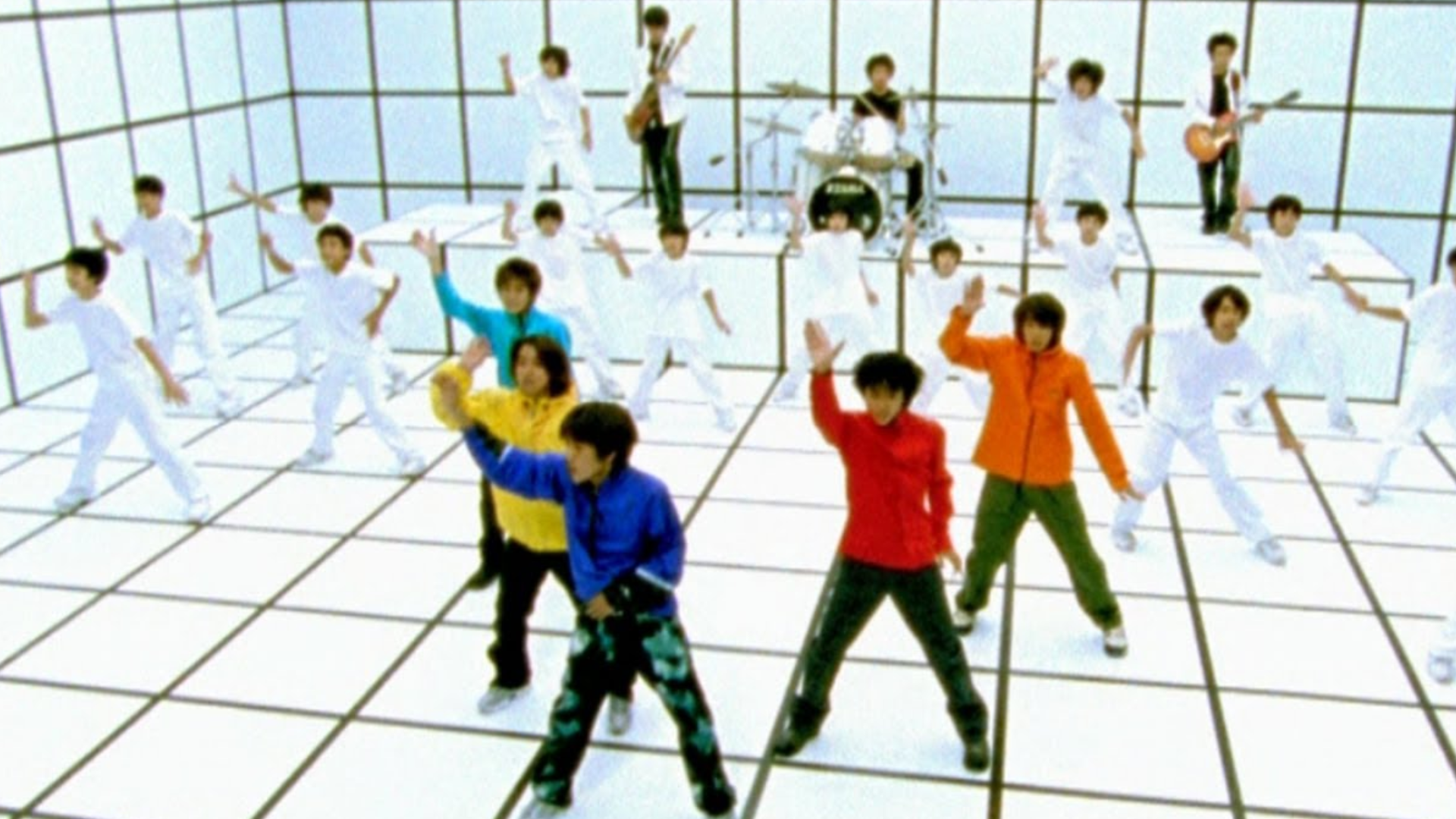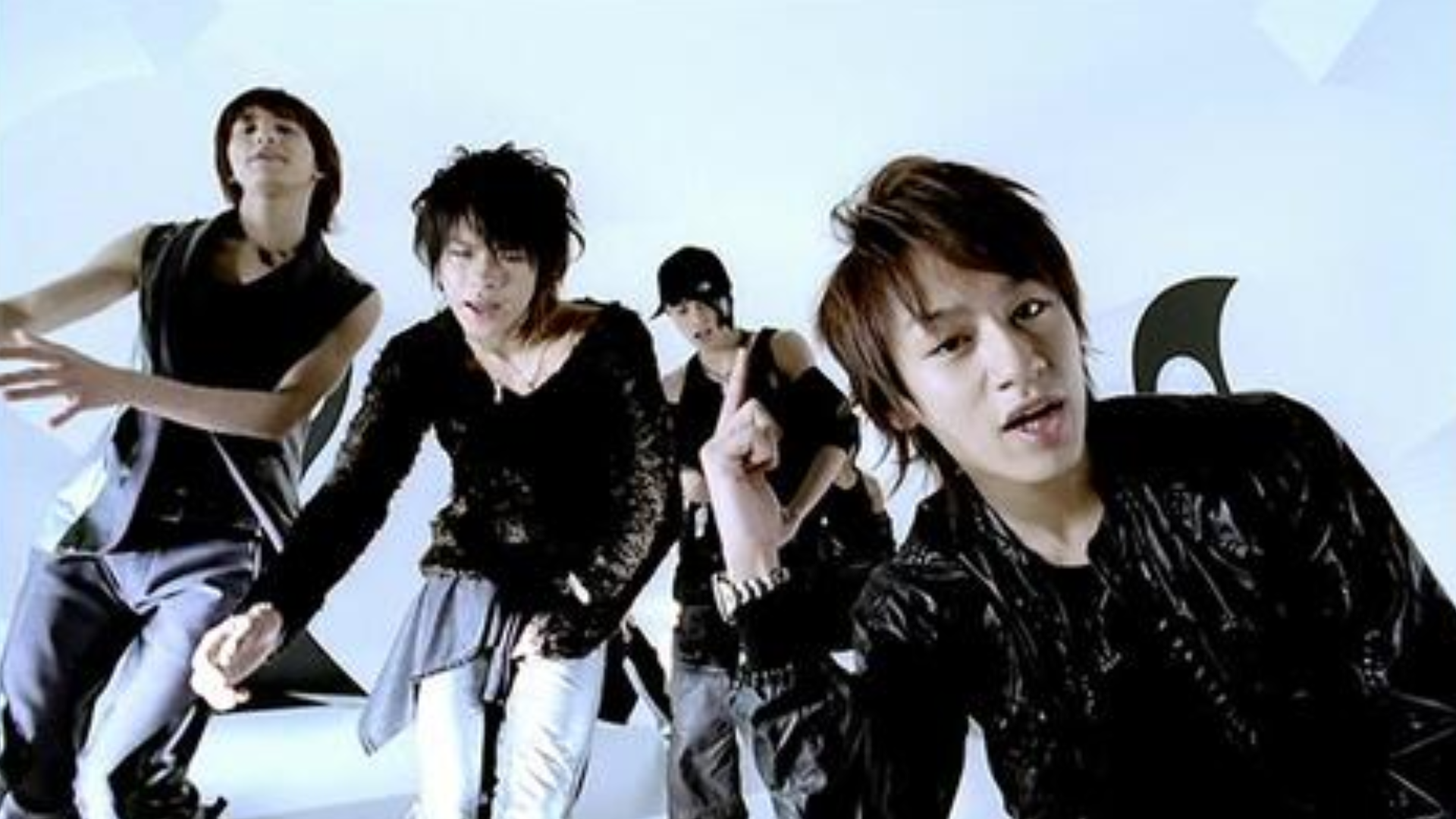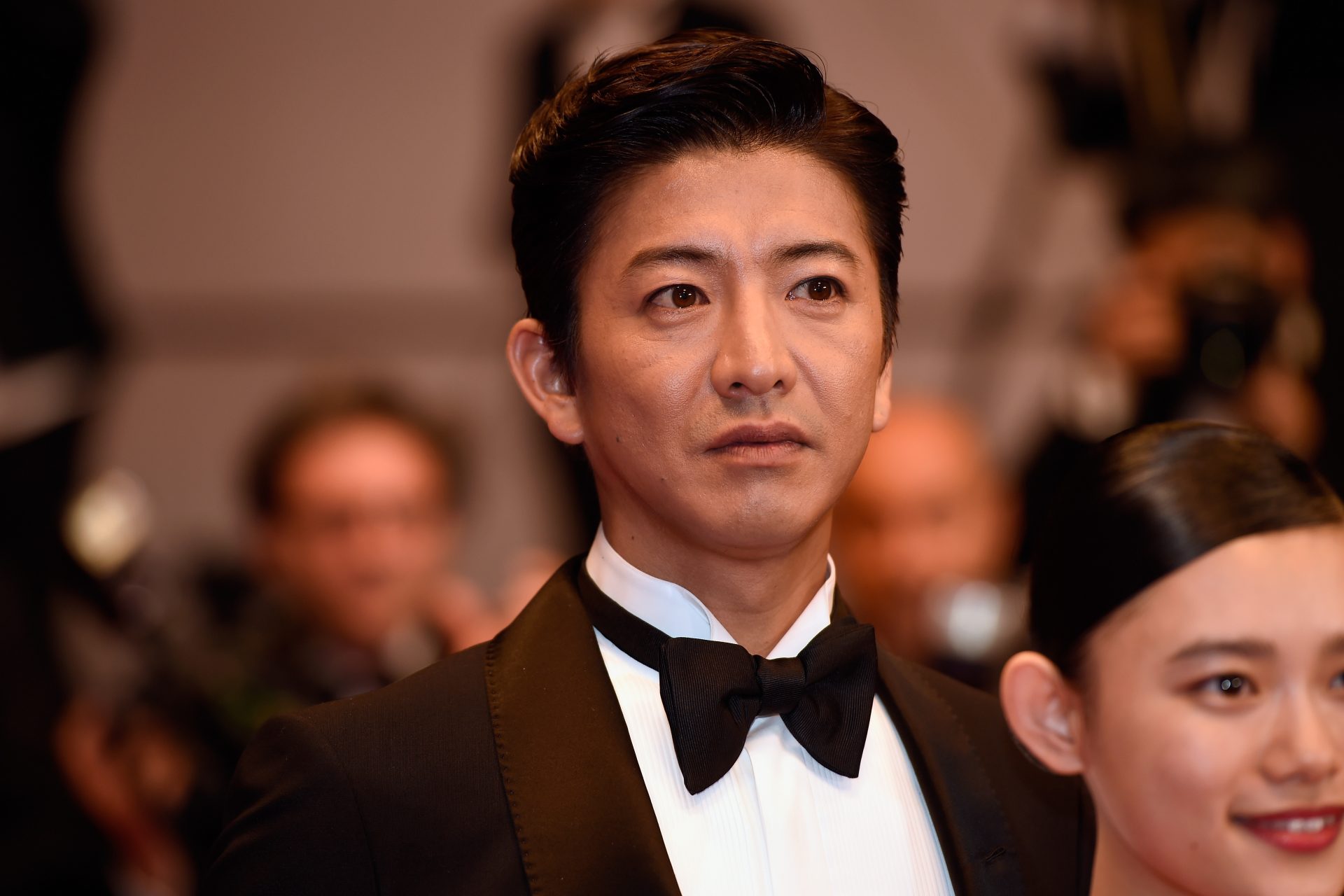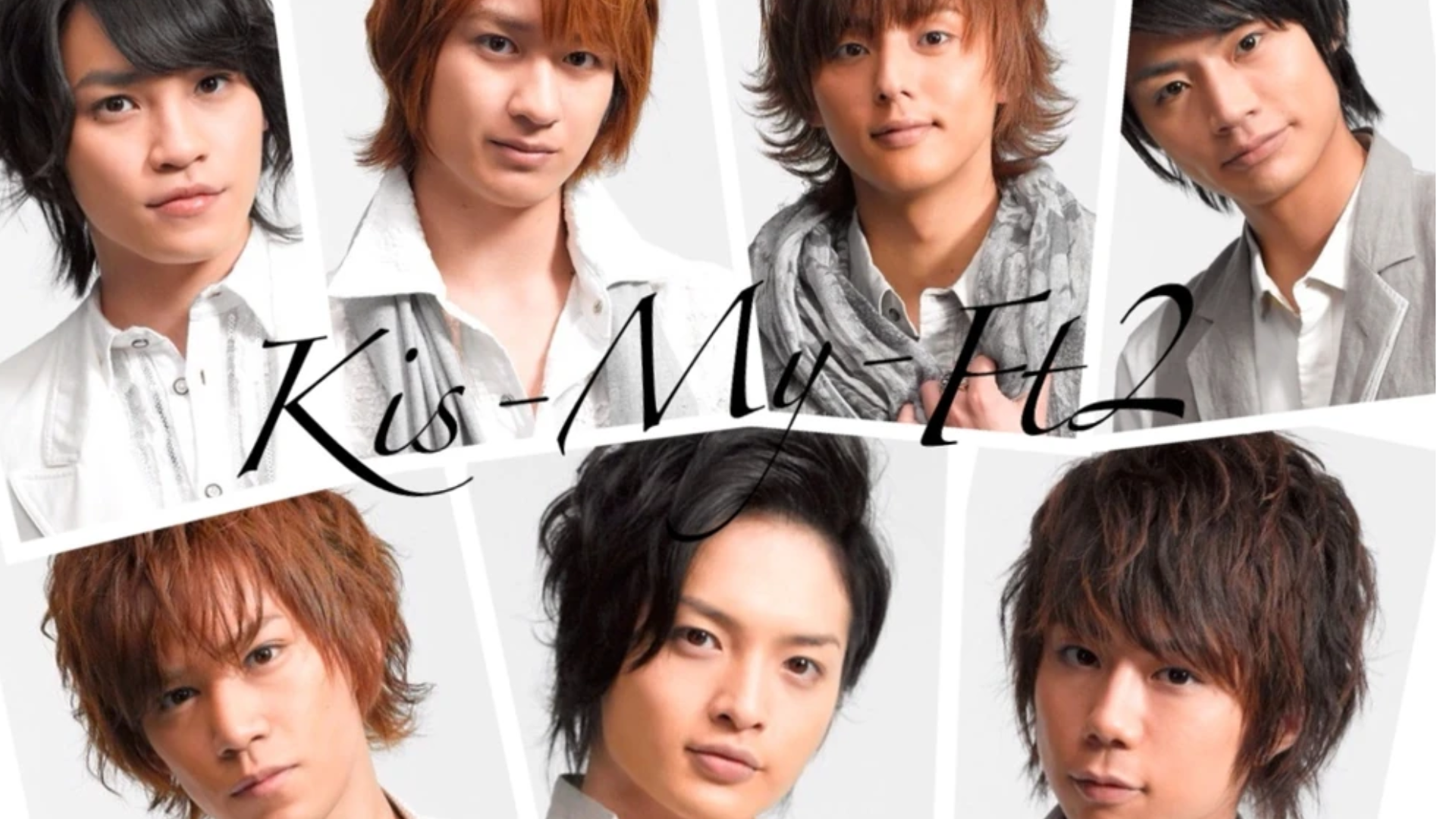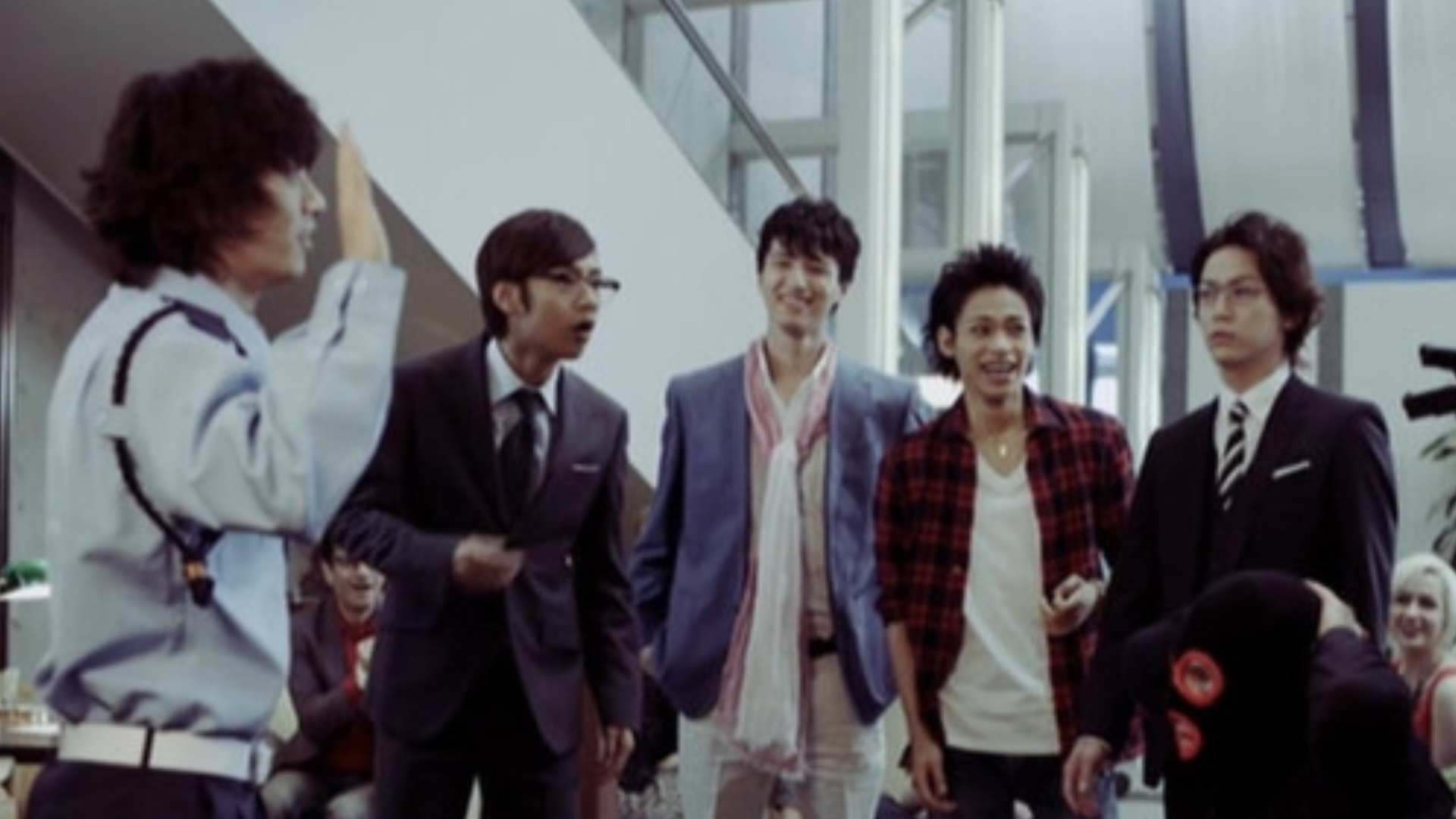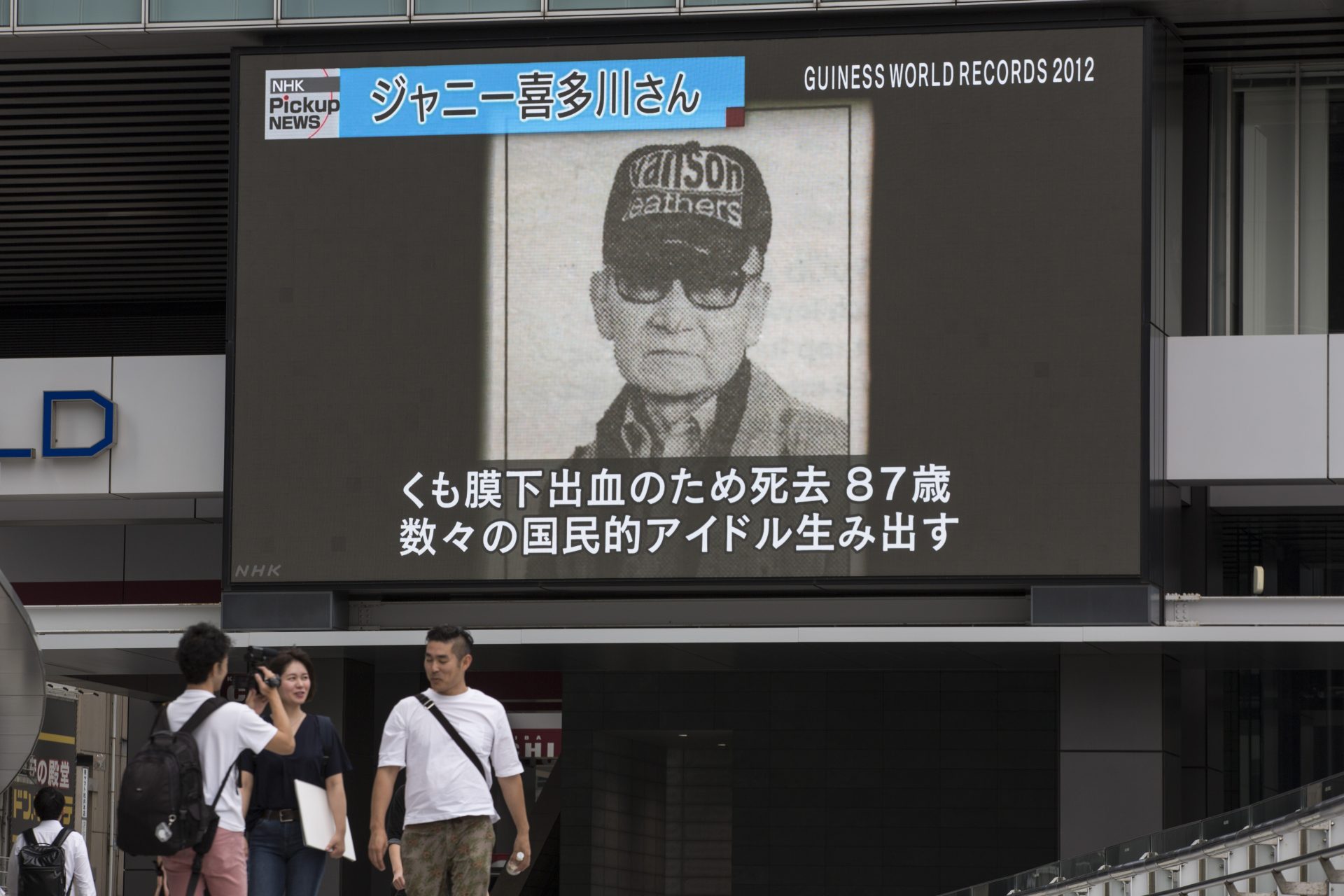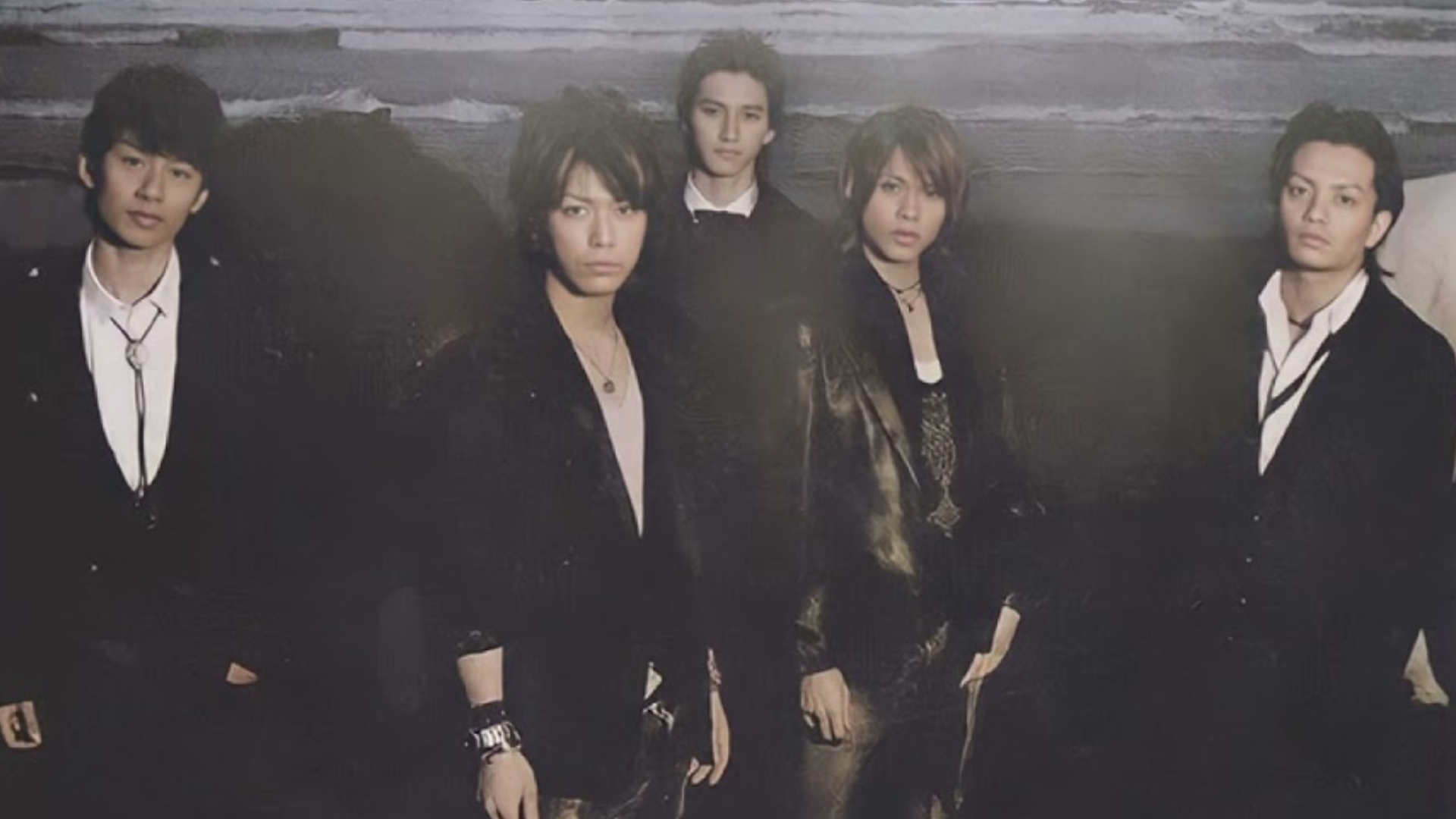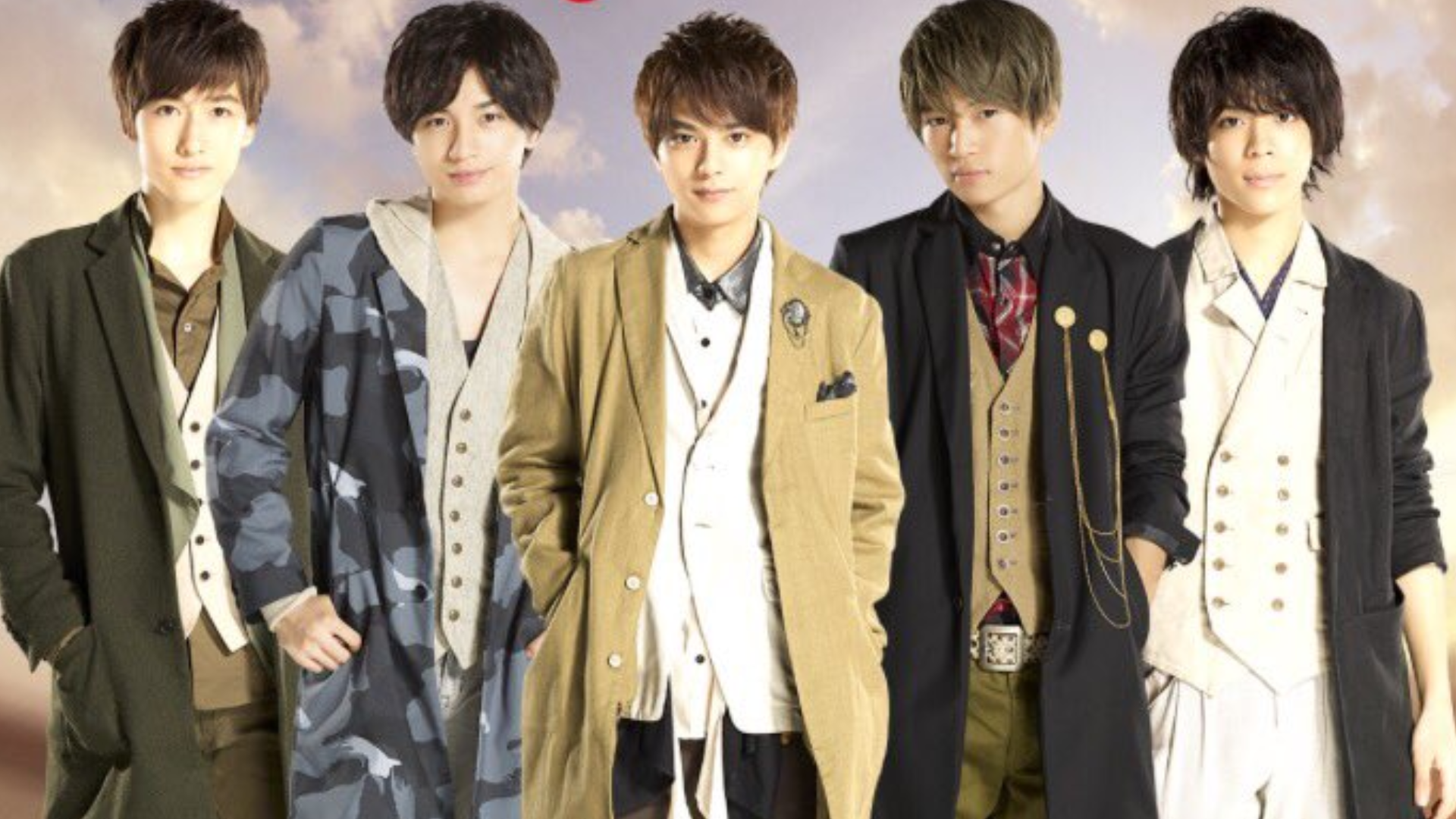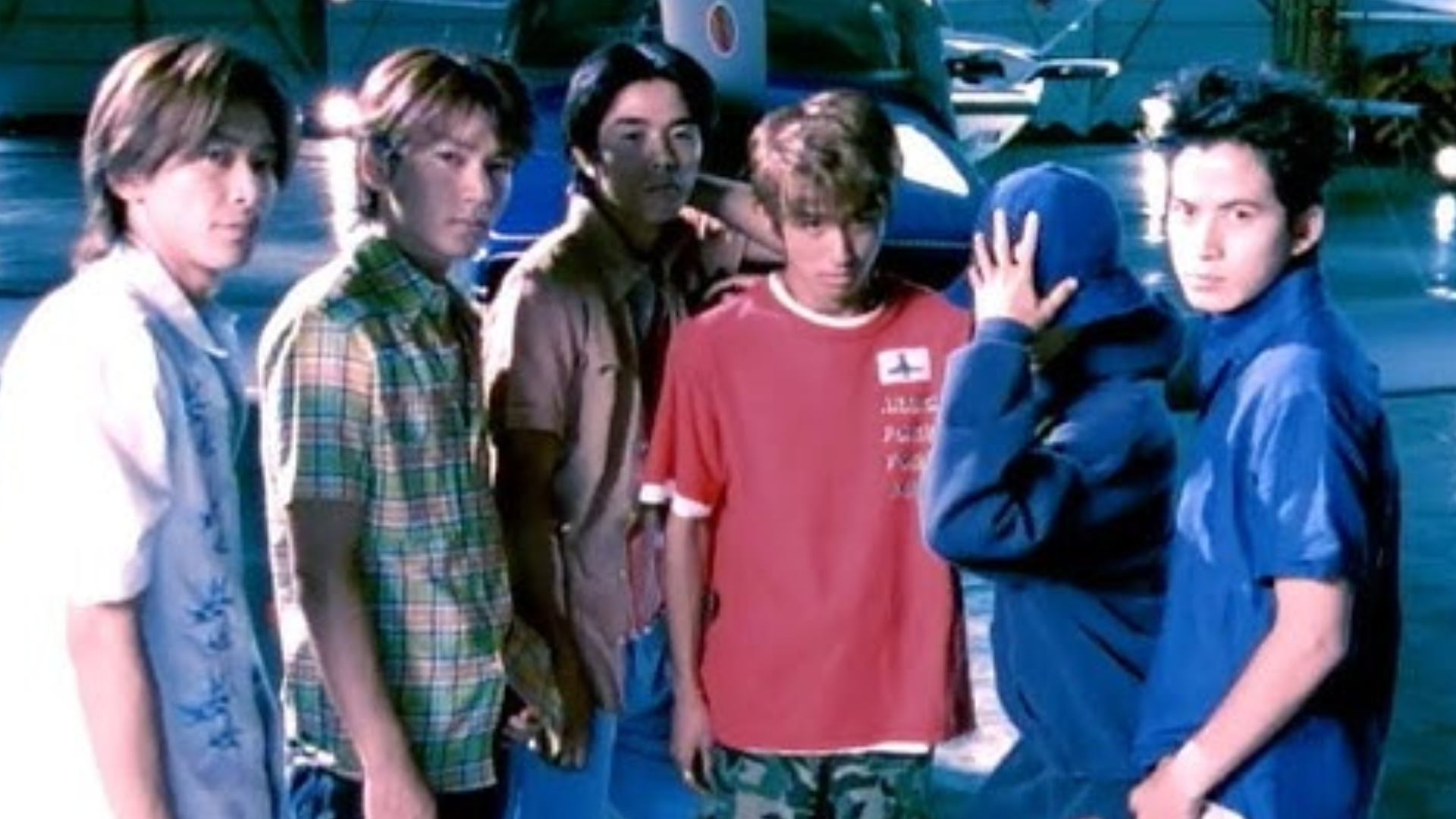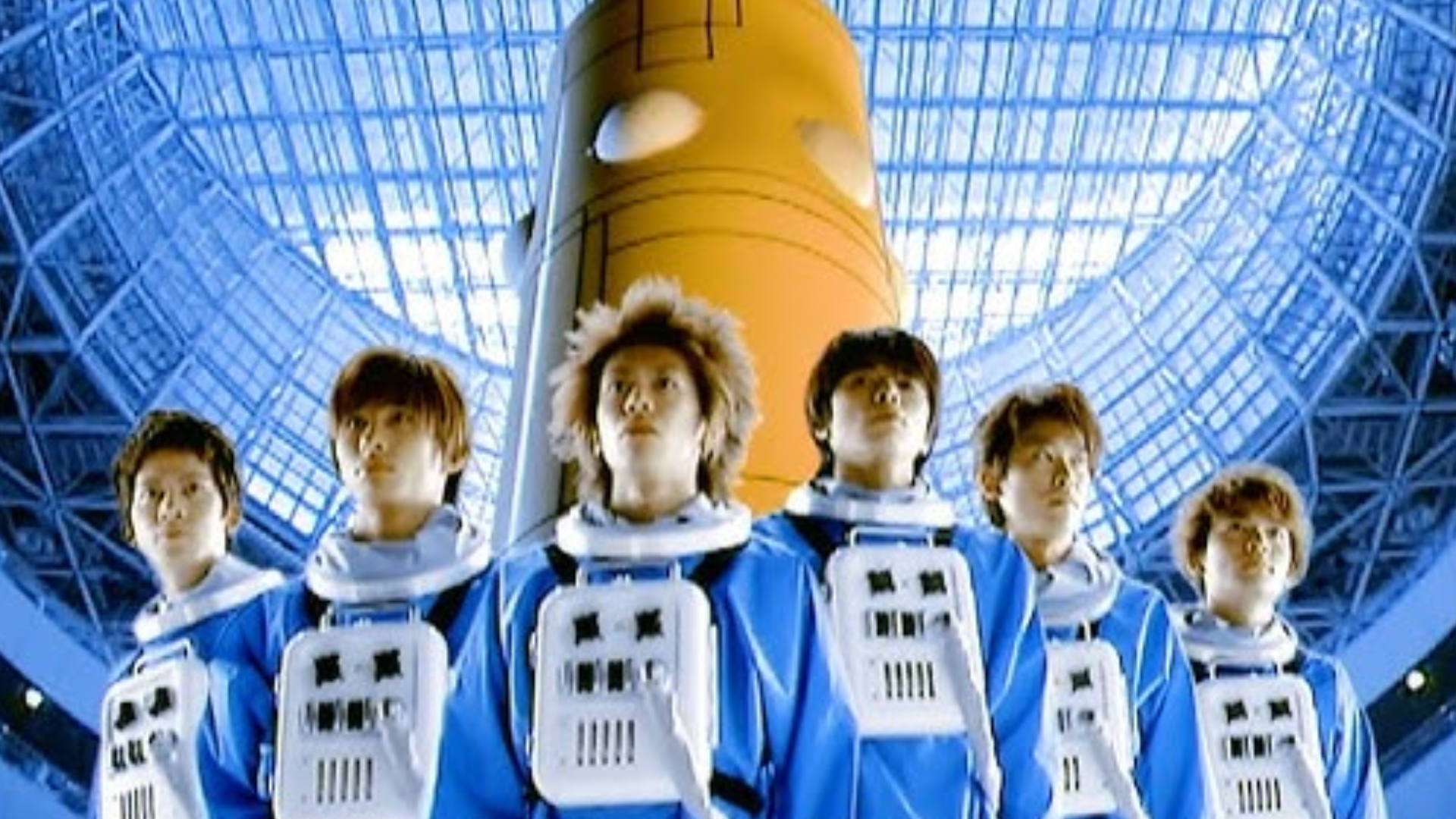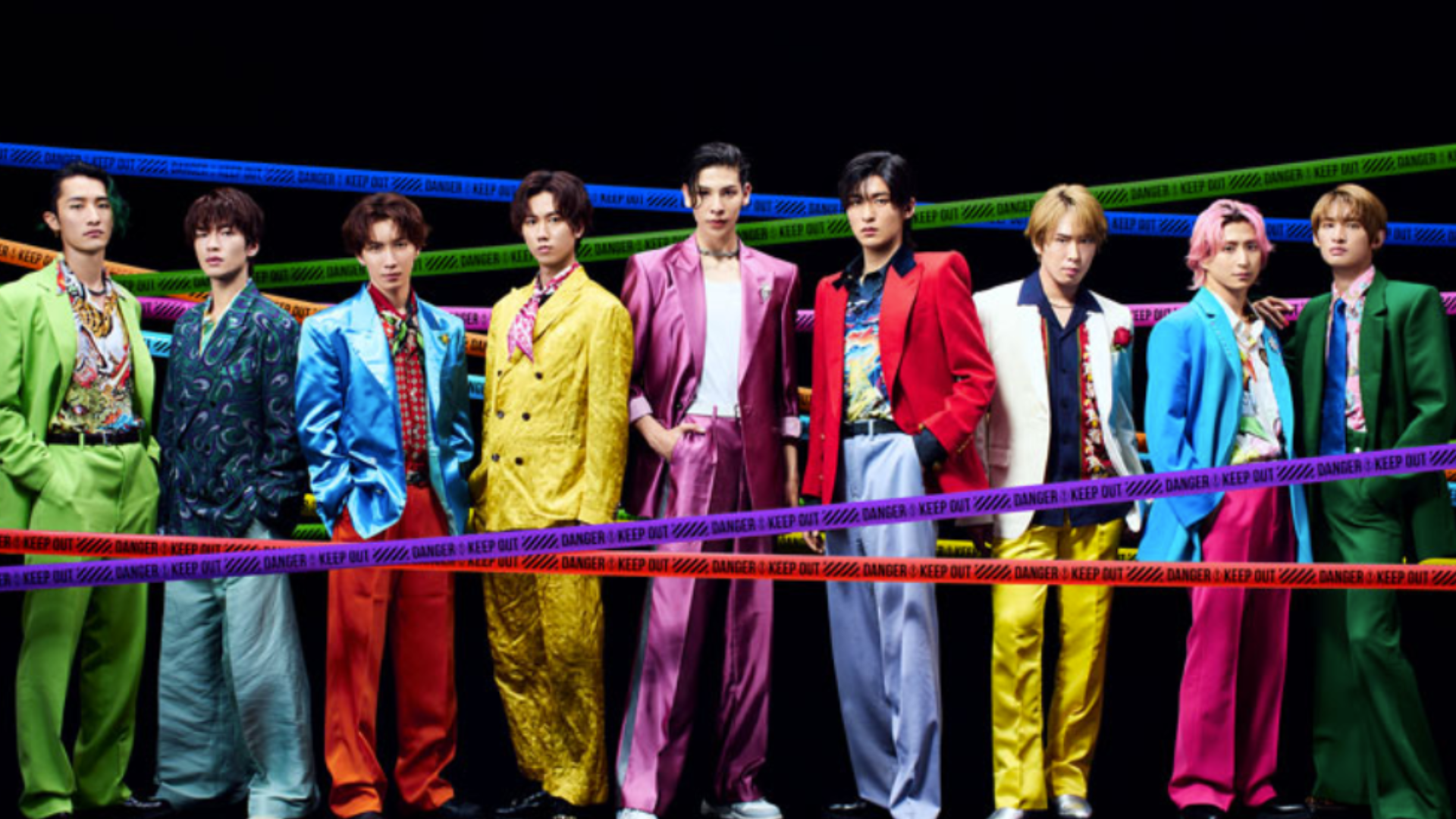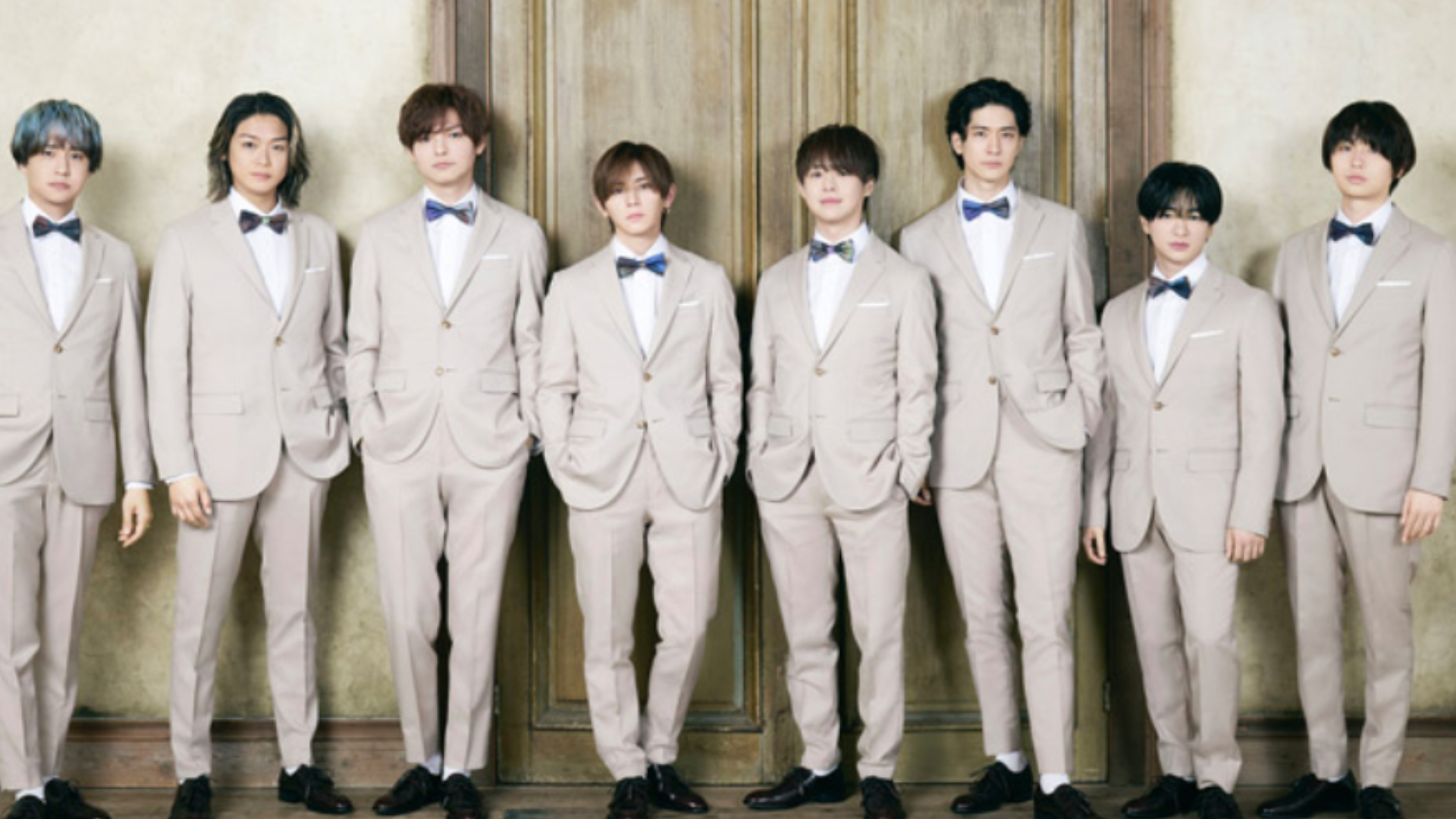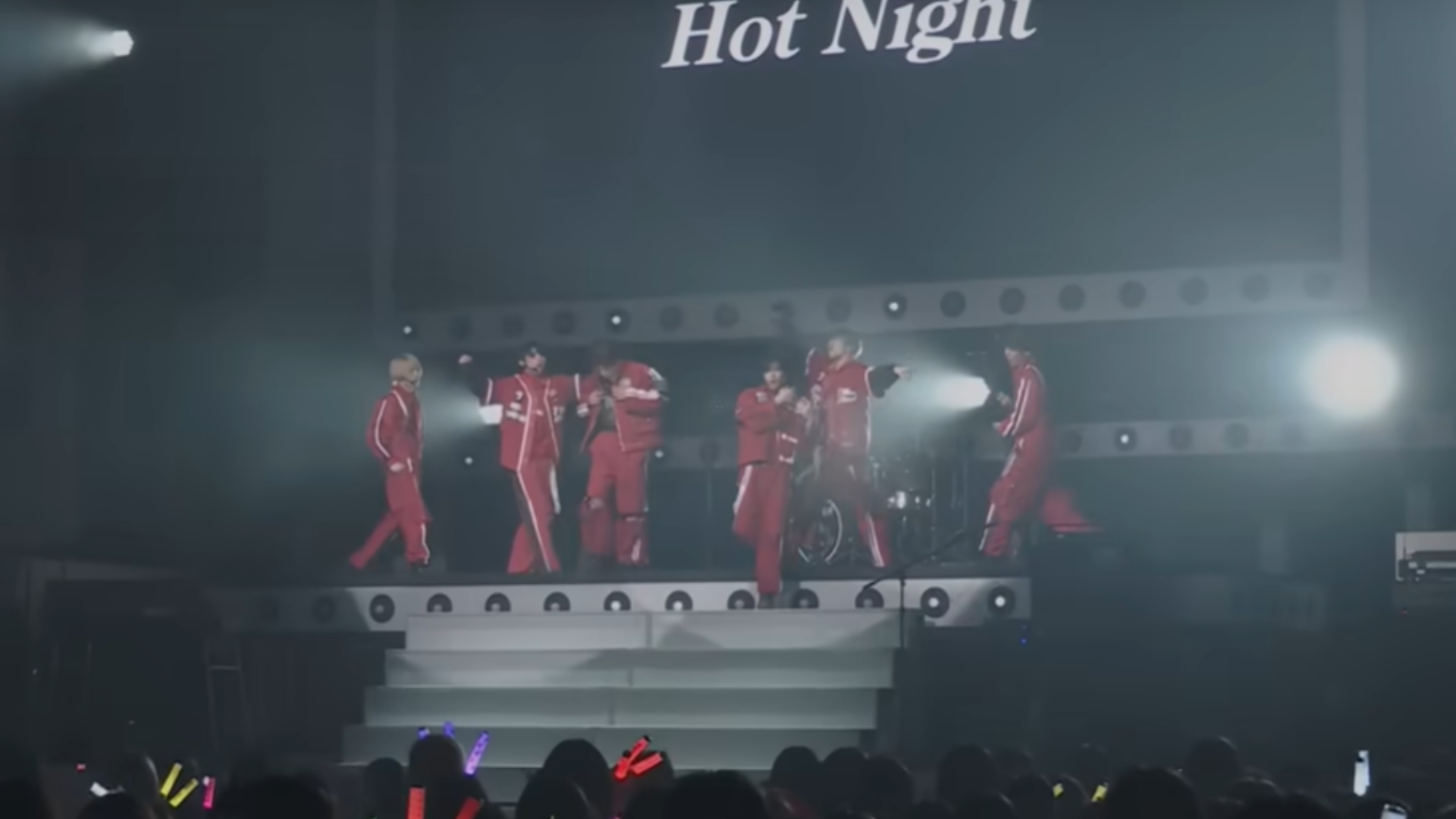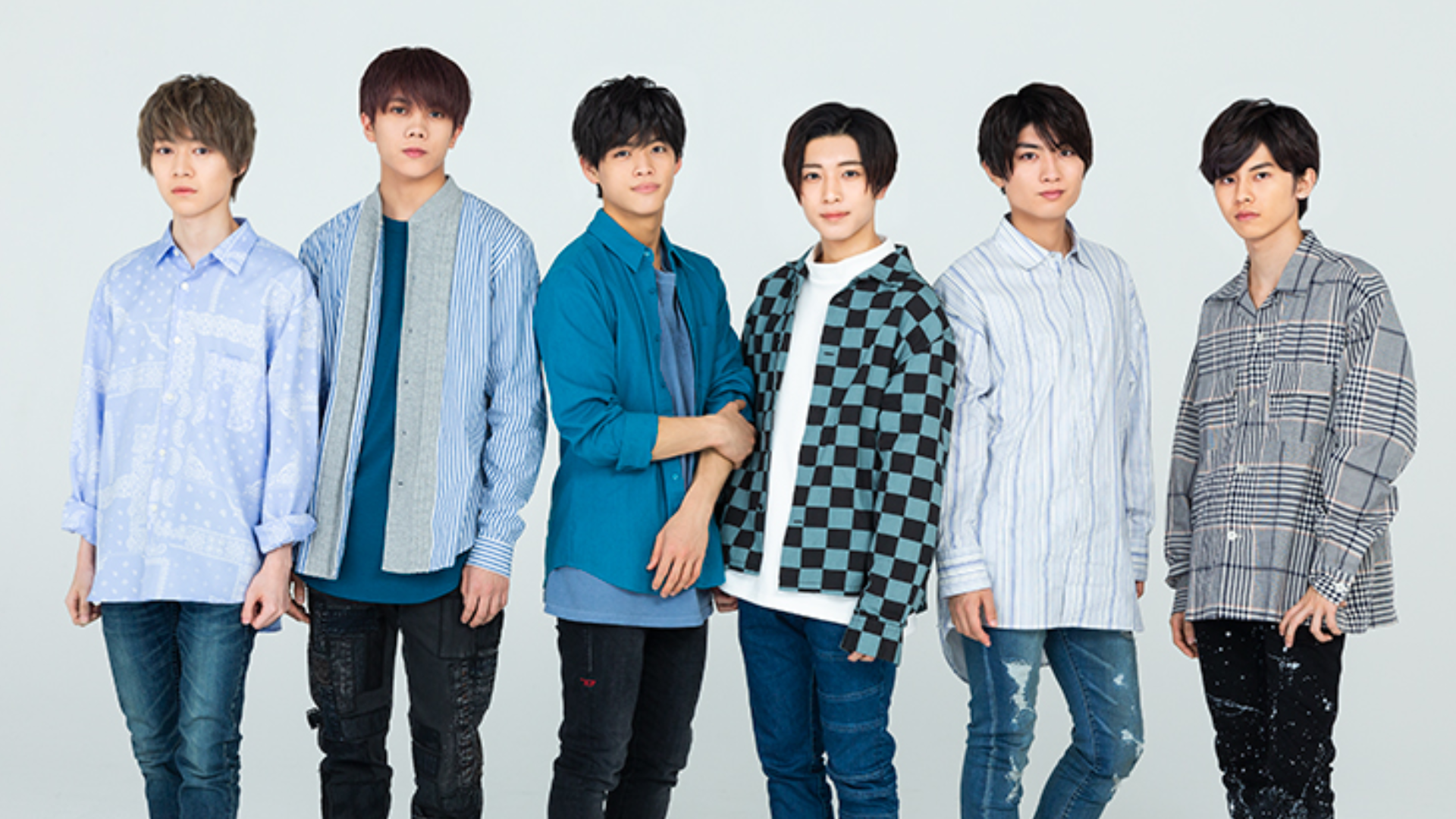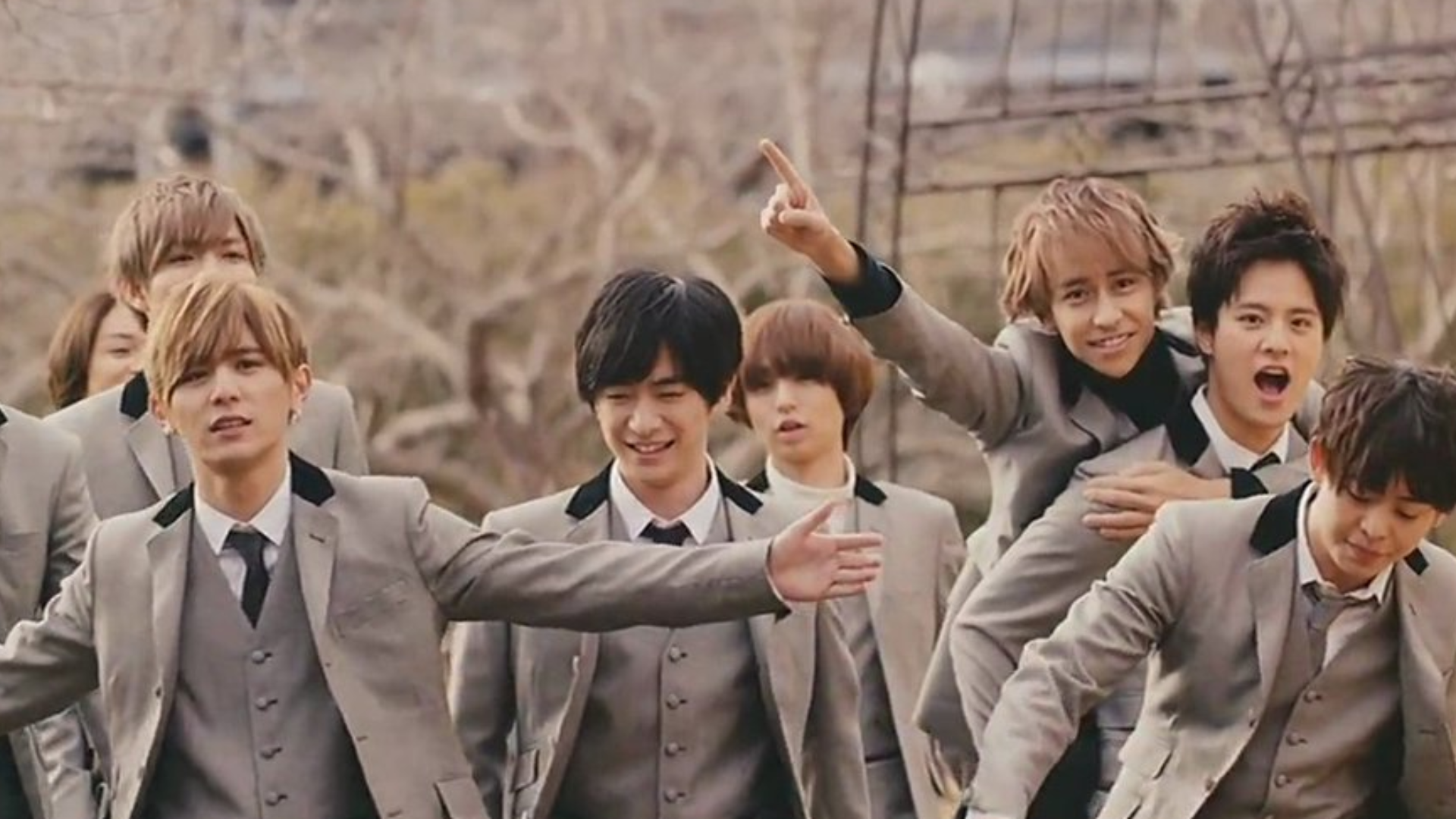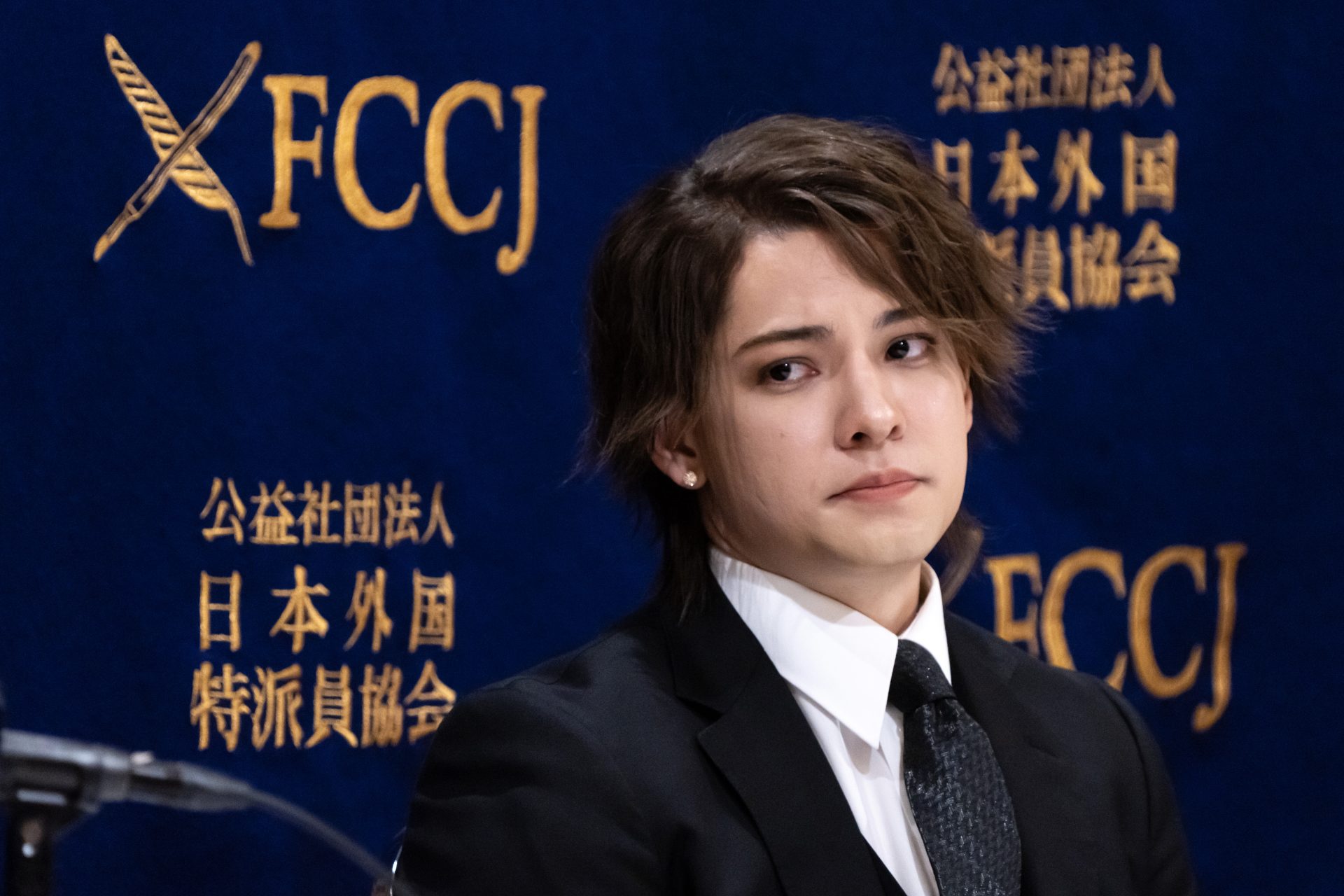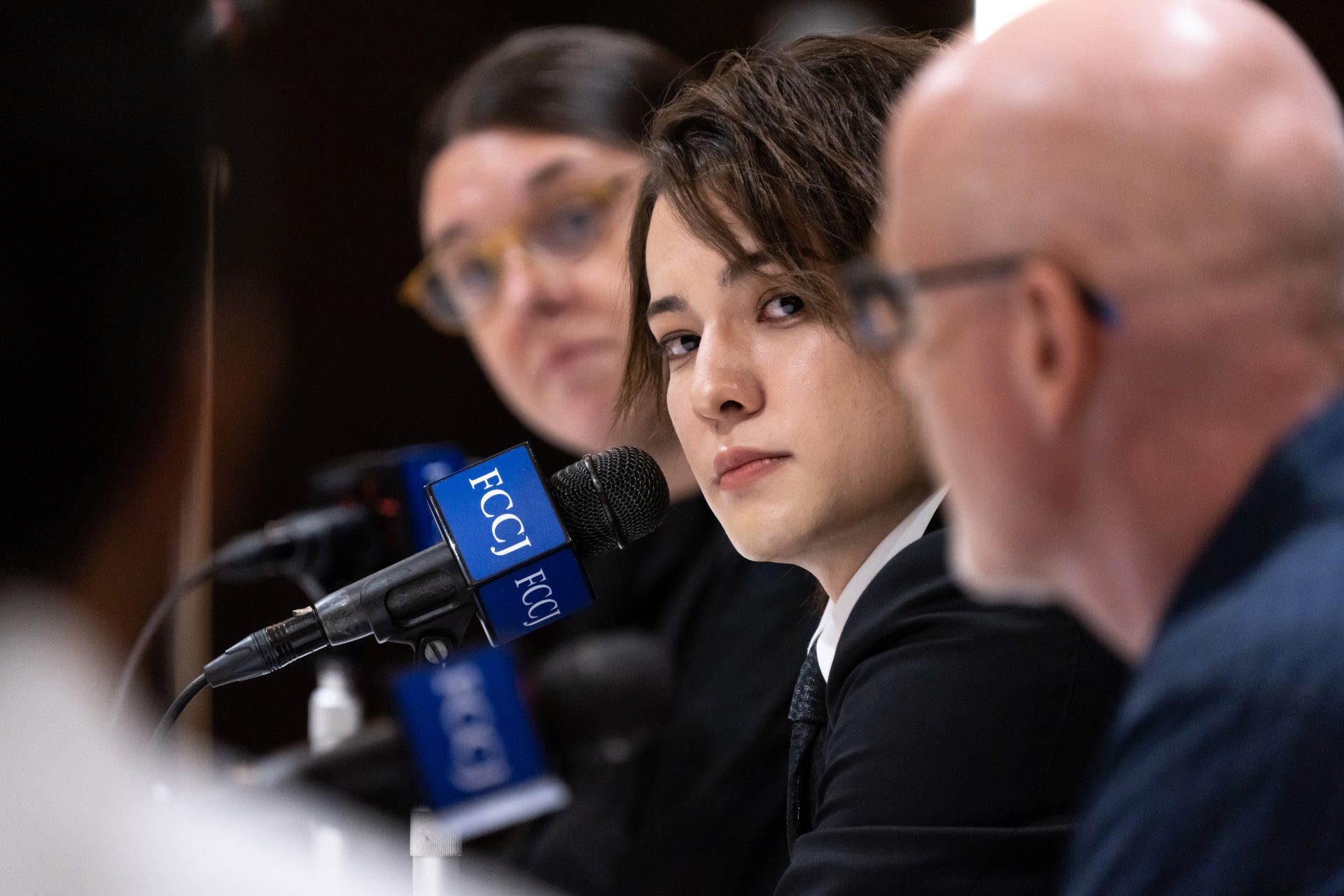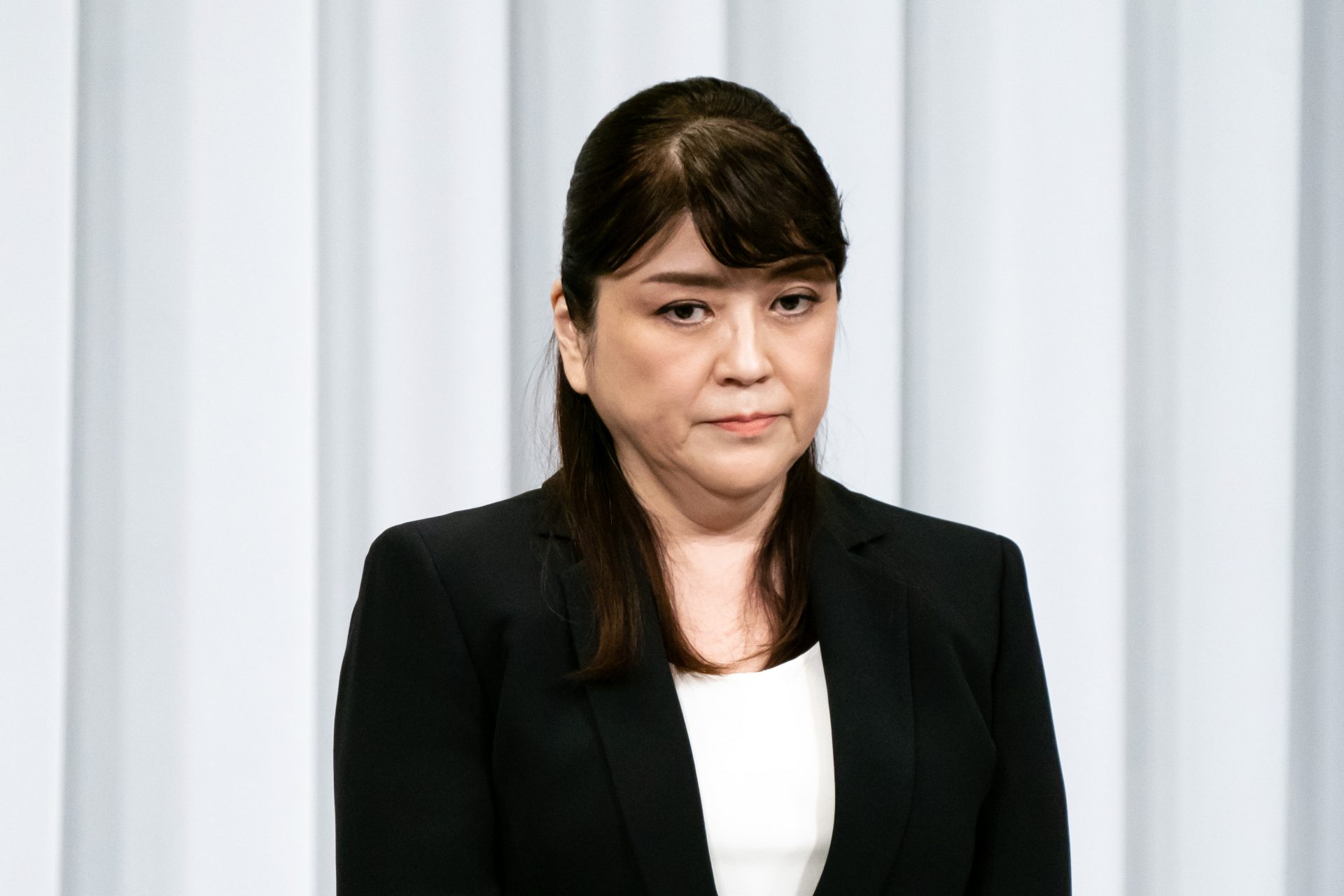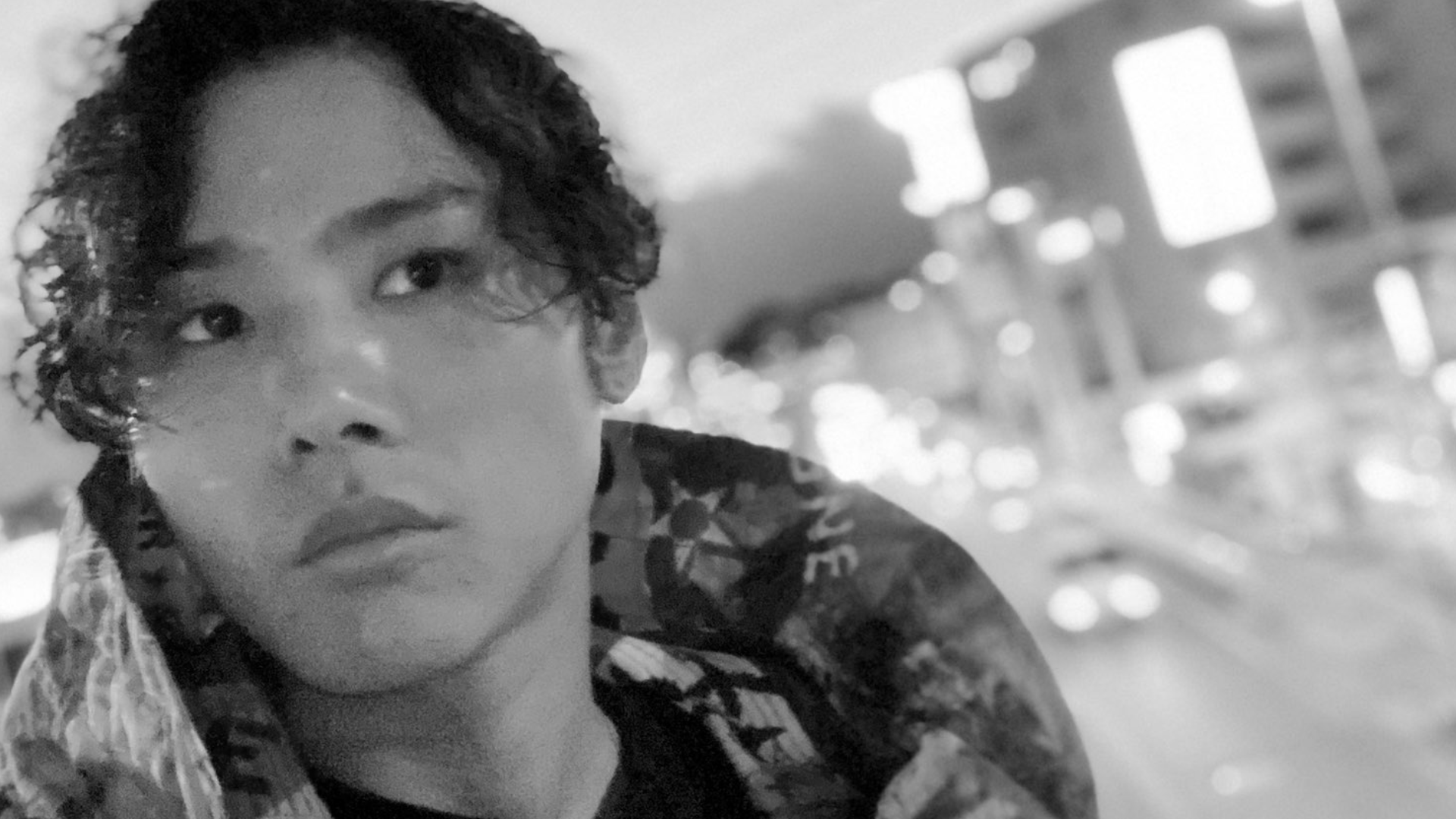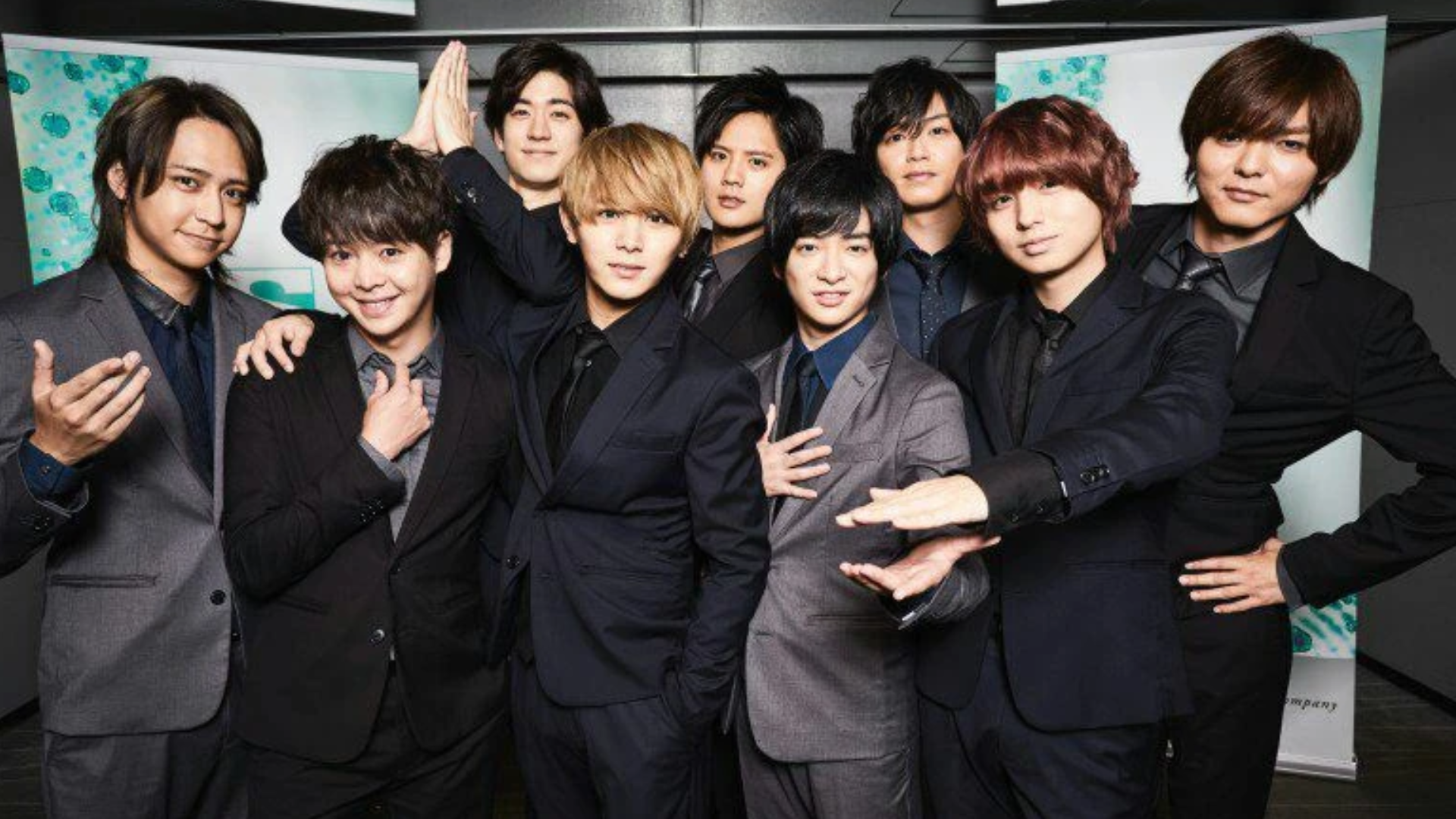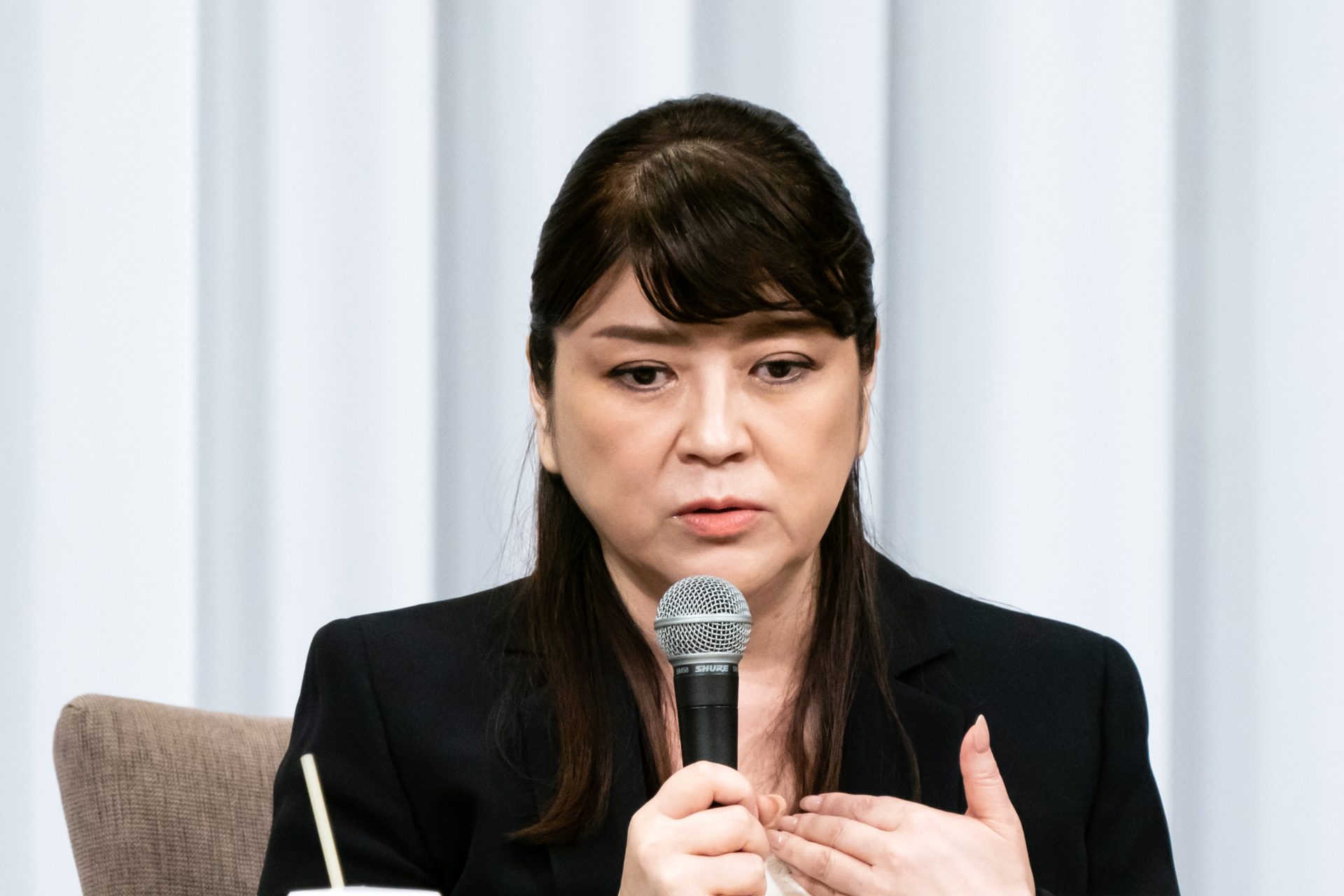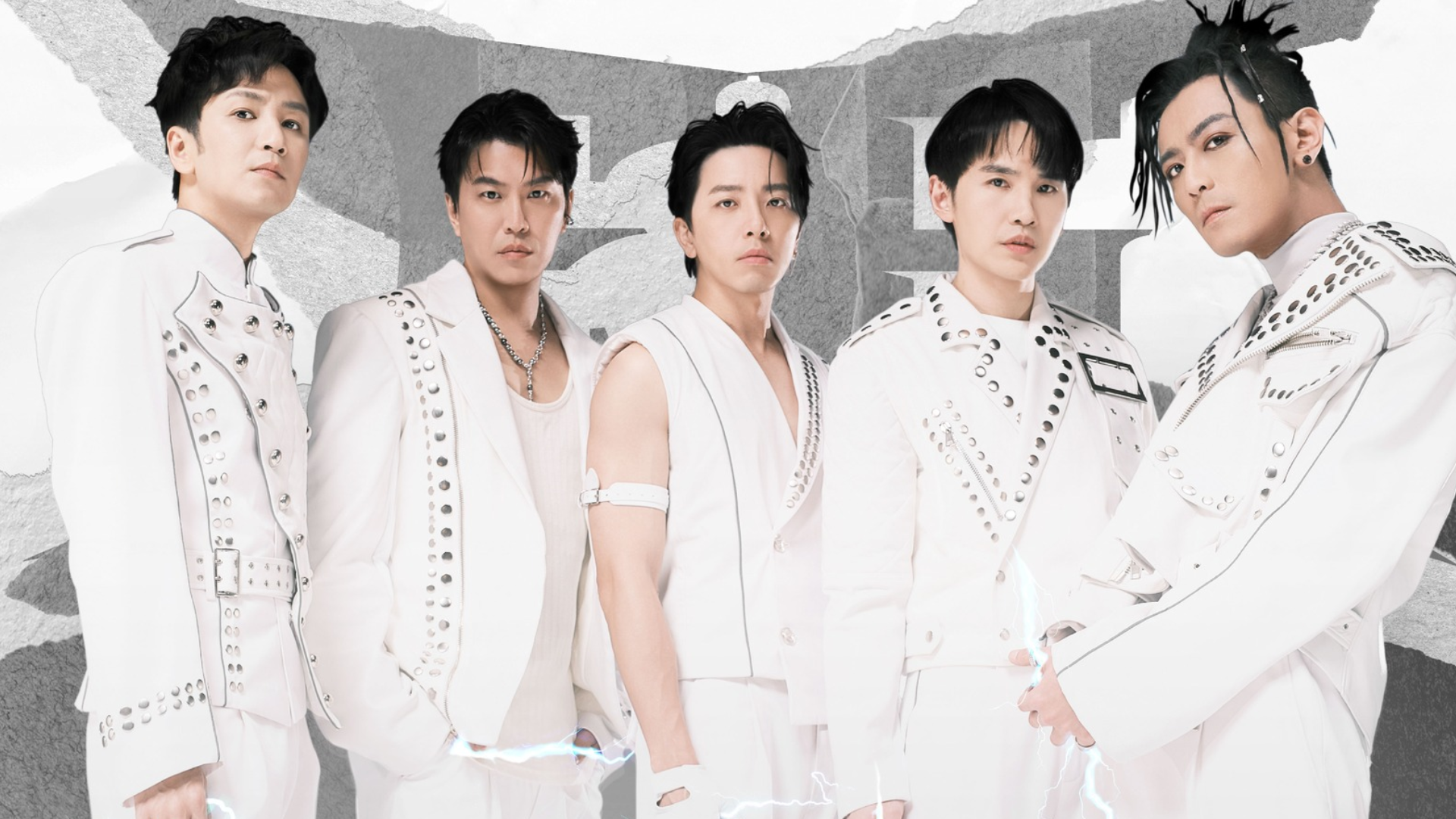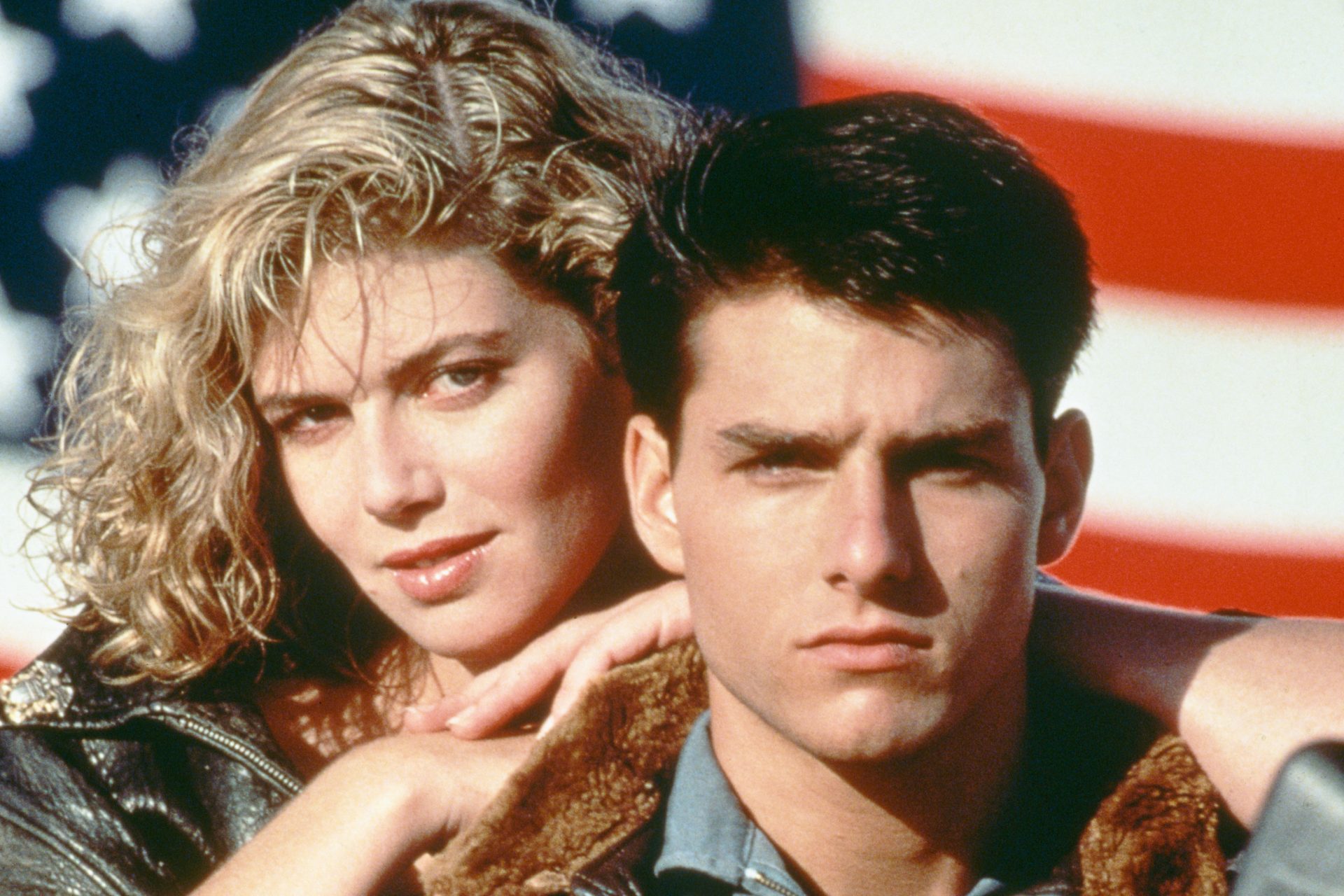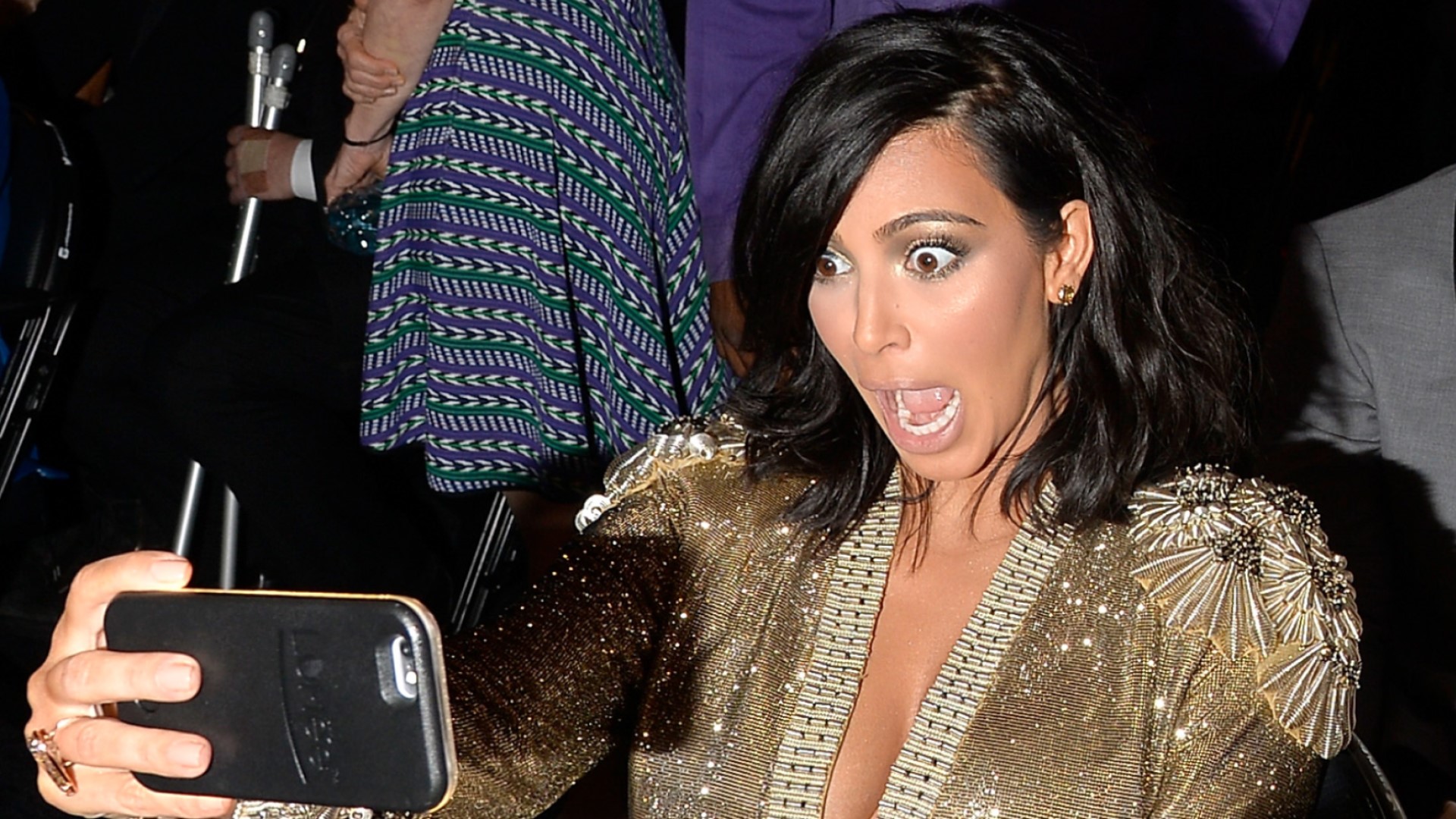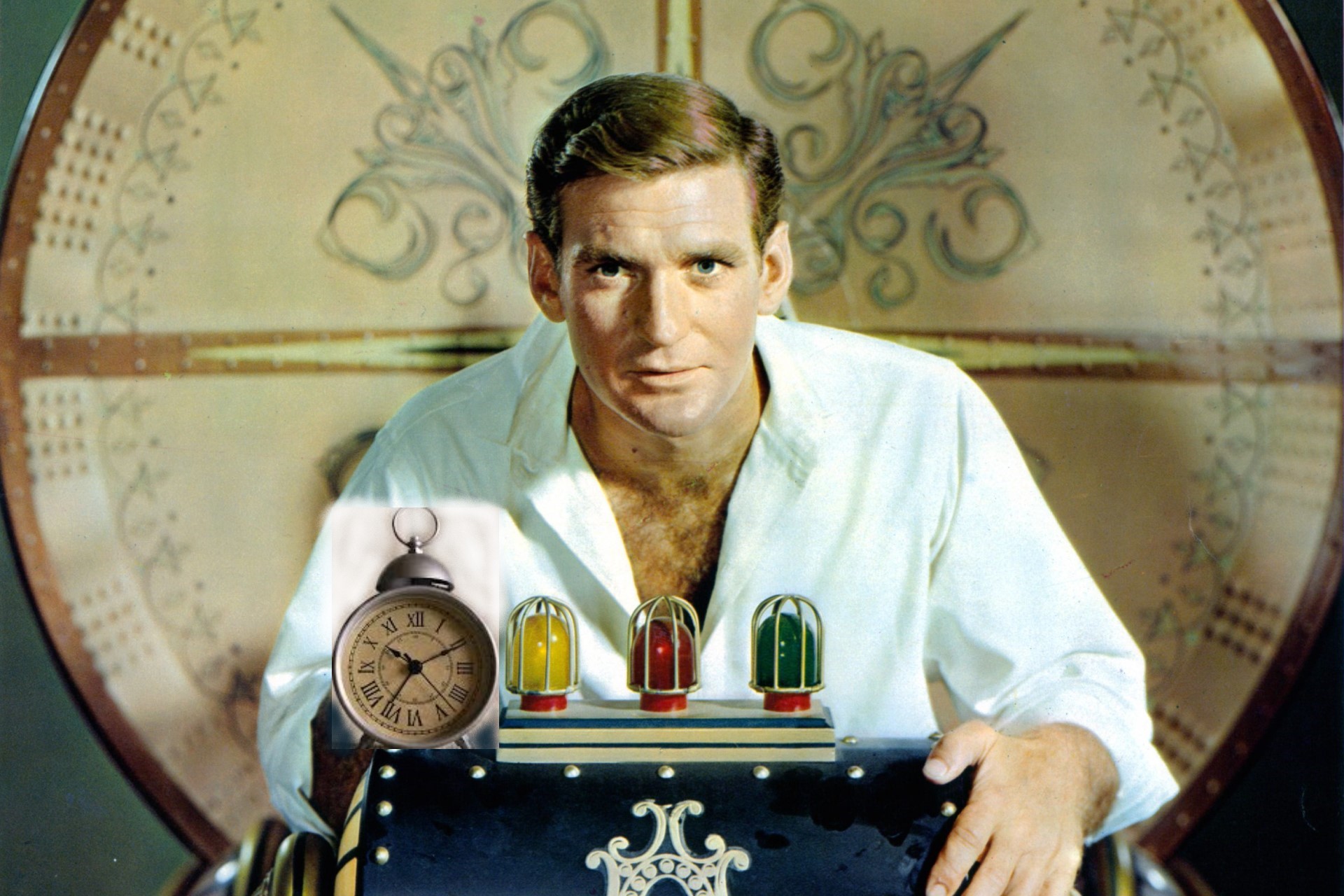Godfather of J-Entertainment Johnny Kitagawa accused of abusing hundreds
Although Johnny Kitagawa has been dead since 2019, allegations against the businessman and talent manager are piling up. He has been accused of abusing hundreds of men since the 1950s. Here's the complete story of Japan's biggest #metoo entertainment scandal to date.
Content warning: This gallery contains mentions of s e x u a l abuse.
Johnny Kitagawa is the founder of the male-only talent agency 'Johnny & Associates.' It is best known for producing some of Japan’s biggest boybands in J-Entertainment history, such as Arashi and SMAP.
Johnny Kitagawa's impact on the Japanese entertainment industry is undeniable, as he has been lauded as the 'Godfather' of J-pop, according to a Koreaboo report.
Image: J-Storm
He first started in the industry in the 1950s. According to The Guardian, he spent his time recruiting boys while walking through Yoyogi Park, in order to form a singing group called 'Johnny's.'
Image: JVC
The same report notes that 'Johnny's' became known as Japan's first J-pop boy band. It was the mold for Kitagawa to create many more boybands afterward. In 1962, Johnny Kitagawa started his own boyband entertainment agency.
Image: J-Storm
Through his entertainment agency, 'Johnny & Associates,' Johnny Kitagawa produced some legendary J-pop boy bands that are still known today and made a significant impact in the realm of Japanese pop music. They include KinKi Kids, NEWS, KAT-TUN, Arashi, and Kis-My-Ft2, among others.
Image: J-Storm
Some of Japan's biggest male stars happen to also be under Johnny's & Associates' management, such as A-listers in film and music Takuya Kimura, Shunsuke Kazuma, and Junichi Okada. All of them performed in the agency-managed boybands back in the day.
It is clear that Johnny Kitagawa's agency operated with strong branding through his name. Not only his agency was named after him, but even the artists he managed were often collectively coined 'Johnny's Jr.,' according to Kyodo News.
Image: J-Storm
Johnny Kitagawa's influence in Japanese music earned him Guinness World Record titles and entertainment power. By “withdrawing access to its talent”, Vulture explains, Kitagawa could manipulate entertainment ratings for Japanese media outlets, either destroying or boosting them.
Image: J-Storm
After decades of being one of the most powerful people in Japanese entertainment, Johnny Kitagawa passed away on July 9, 2019. Nikkan Sports reports that after his passing, his ashes were distributed amongst some celebrities, including ex-'Johnny’s & Associates' artist Masahiro Nakai.
Although it had been swept under the rug at the time, Vulture reports that Johnny Kitagawa was already accused of s e x u a l abuse of stars and trainees under his wing back in the 1960s.
Image: J-Storm
Despite having been accused back in the 1960s and later by ex-star Koji Kita in 1988, allegations involving Johnny Kitagawa's abuse of male trainees only surfaced openly in the media in 1999, according to the BBC.
Image: Ponycanyon
A BBC documentary about Johnny Kitagawa notes that accusations only began floating in the media in 1999 when Shukan Bunshun, a magazine known for its investigative reports, demonstrated how the entertainment mogul had been abusing boys systematically in his agency.
Image: Avex
The Asia-Pacific Journal reports that there were twelve victims who gave their testimony to Shukan Bunshun, but their stories were all withdrawn when Johnny Kitagawa sued the magazine for libel and succeeded in 2002.
Image: Avex
The same report continues to state, however, that the Tokyo High Court decided to overturn the decision a year later, in 2003. Therefore, the claims of Johnny Kitagawa's victims were indeed considered truthful, and he was proven to be a s e x u a l predator.
Image: J-Storm
Despite this major overrule and validation of the original accusations, the case was not well-known across Japanese media. Vulture reports that Johnny Kitagawa had so much influence that accusations would get covered up. Therefore, Johnny Kitagawa escaped from the allegations scot-free until his death.
Image: J-Storm
After Johnny Kitagawa’s passing in 2019, Shukan Bushun approached the s e x u a l assault allegations once again by releasing new testimony from another anonymous former Johnny’s Jr. He said he was demoted during performances after he resisted Kitagawa’s advances.
Image: J-Storm
J-Cast reports that the independent media outlet ‘Arama! Japan’ was able to contact Koki Maeda in order to confirm that Johnny Kitagawa had indeed abused boys. Koki Maeda's statement was regarded as a reliable source because he was an ex-Johnny & Associates star and was performing in the boyband '7 Men Samurai.' Yet, the statement was swiftly retracted upon its release.
Image: J-Storm
The accusations against Johnny Kitagawa came to a peak in March–April 2023, when the BBC released a documentary led by journalist Mobeen Azhar, exposing the dark side of Johnny Kitagawa in an investigation into the allegations.
Image: J-Storm
The release of the BBC documentary caused the allegations against Johnny Kitagawa to resurface once again. The producers encouraged more victims to openly come forward, including former Johnny’s Jr. Kauan Okamoto.
According to Vulture, the BBC exposé encouraged Kauan Okamoto to openly share his experiences of Johnny Kitagawa's abuse in explicit detail during a press conference held in April. His statements shocked many, and they wanted a third-party investigation into the matter.
According to Kyodo News, following the BBC documentary and Kauan Okamoto's testimony, Julie Keiko Fujishima, the then-president of Johnny & Associates and Johnny Kitagawa's niece, acknowledged the allegations and issued a public apology in May 2023.
The Japan Times reports that ever since the abuse was publicly admitted by Julie Keiko Fujishima, more celebrities have come out with their accusations, including another Johnny’s Jr. member, Yasushi Hashida.
Image: 824_MOL / X
The Japan Times stated in June that the U.N. Human Rights Council's third-party investigation proved the claims to be true. It revealed that Johnny Kitagawa had abused hundreds of male trainees since the 1950s. It also scolded the media for its silence on the matter.
Image: J-Storm
According to Kyodo News, the revelation sparked a management reshuffle within Johnny’s & Associates. Julie Keiko Fujishima resigned from her position and former Johnny’s singer Noriyuki Higashiyama replaced her as president of the agency.
The investigation's conclusion sparked a transformation in J-entertainment. Johnny Kitagawa's legacy and his hold on Japanese entertainment finally began crumbling.
Not only did Guinness World Records rescind several of Kitagawa's accomplishments, but the South China Morning Post reports that brands like Suntory and McDonald's took a public stance by refusing to work with Johnny & Associates stars in their campaigns any longer.
According to Reuters, several major Japanese news outlets, including NHK, TV Asashi, and Fuji TV, have issued public apologies, admitting their complicity in the cover-up of the news about Johnny Kitagawa's abuse and promising to do better in journalistic integrity.

